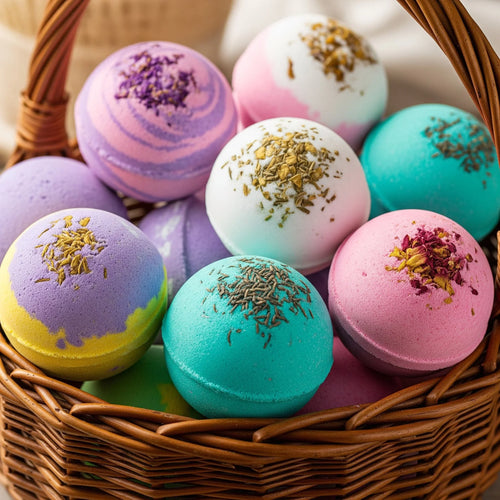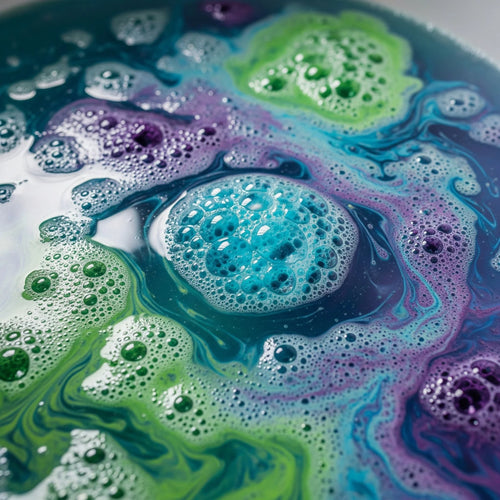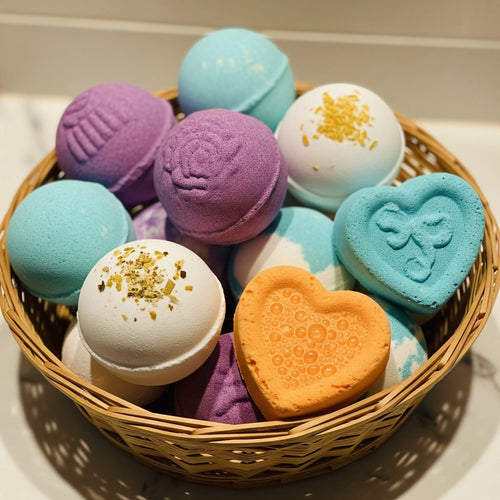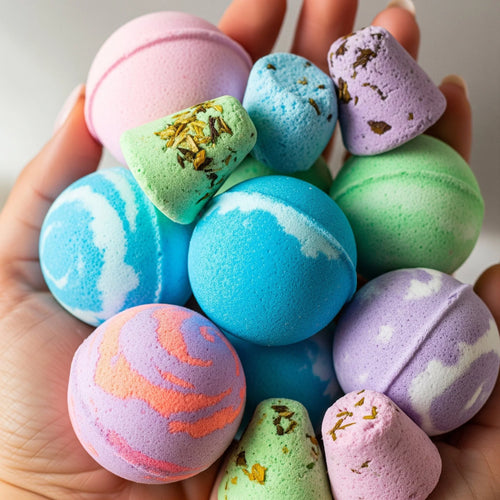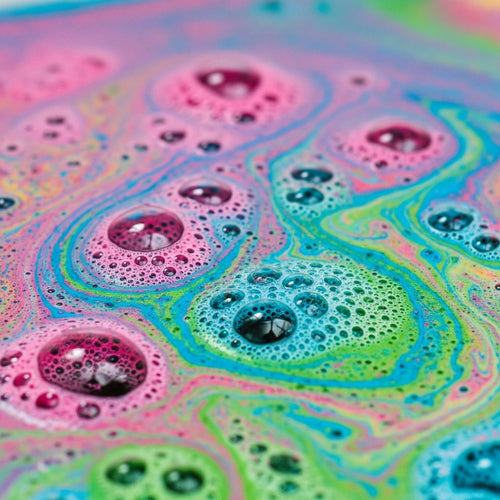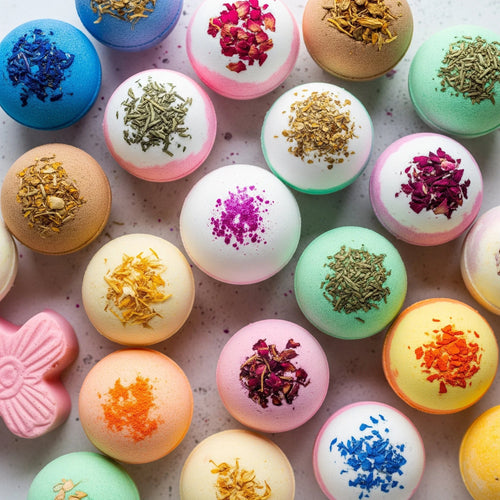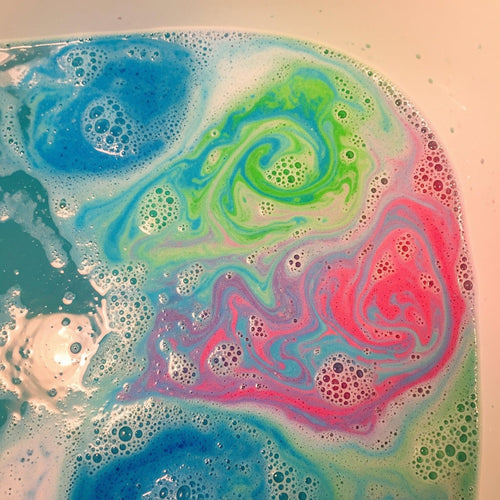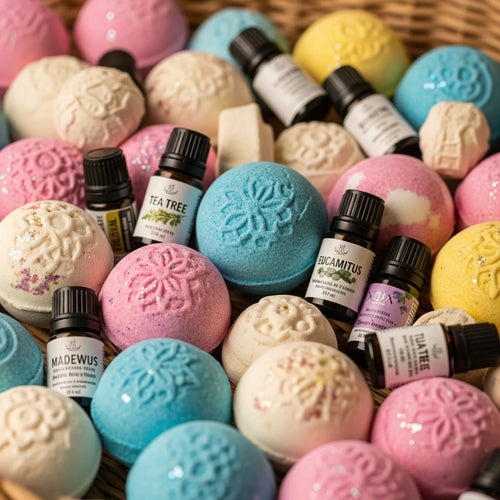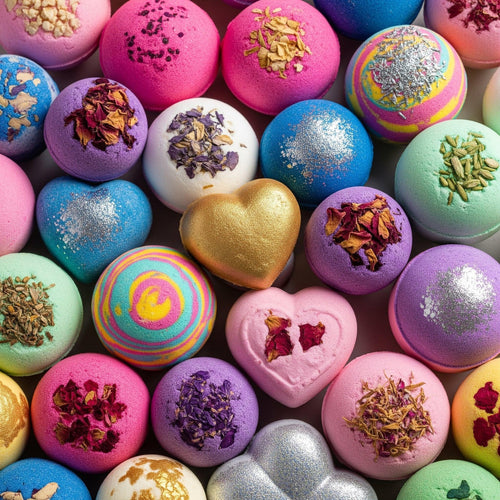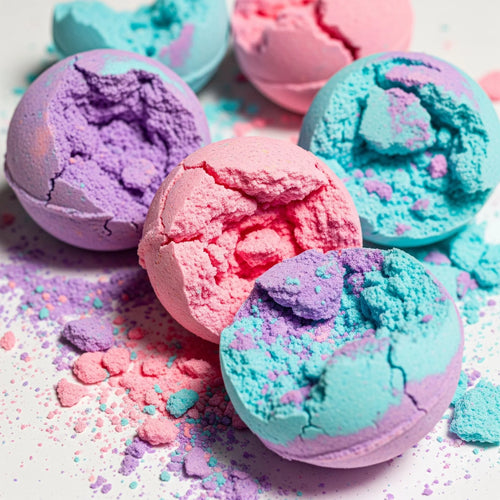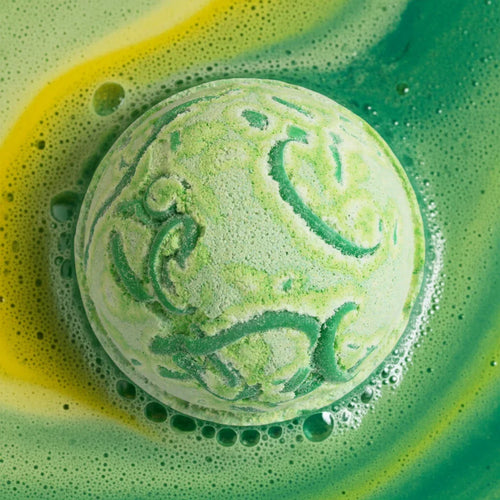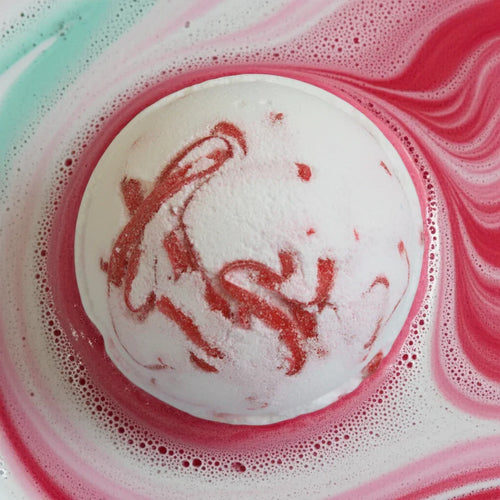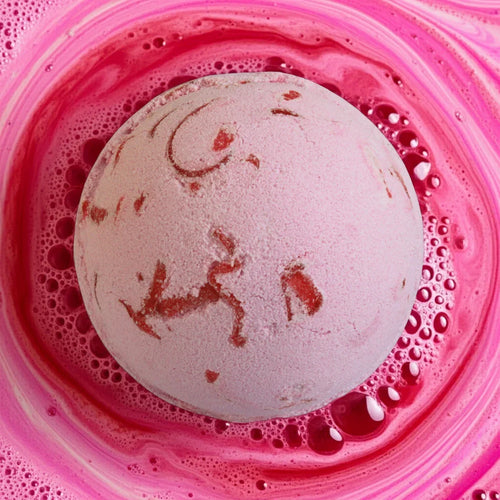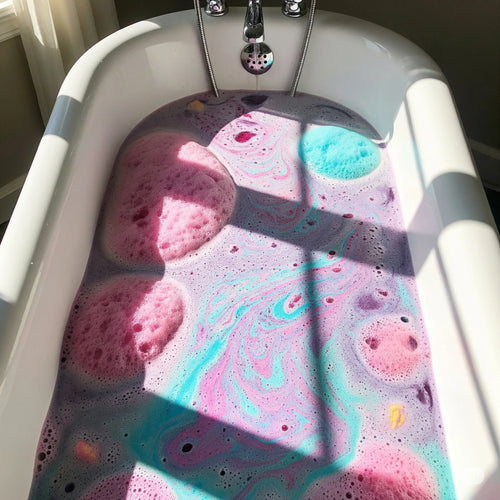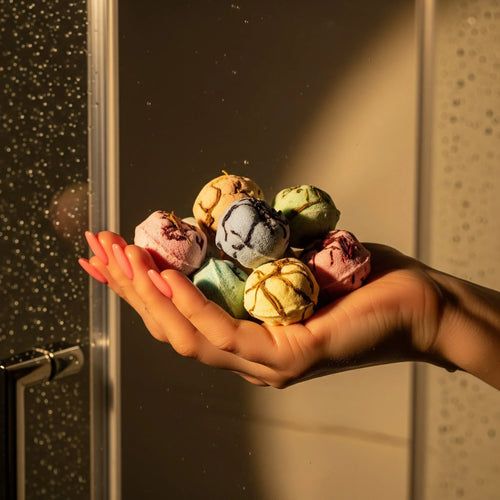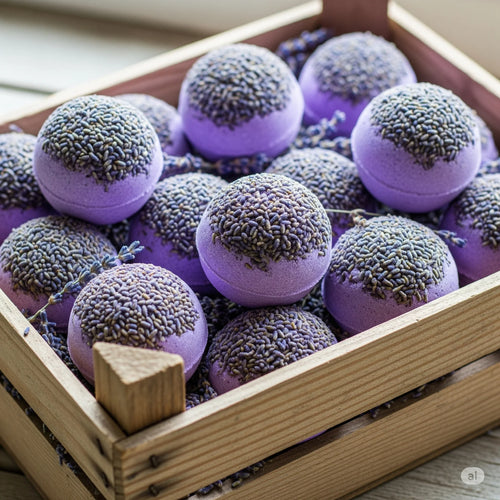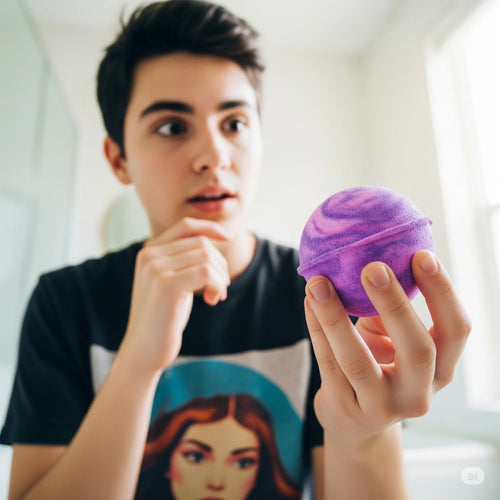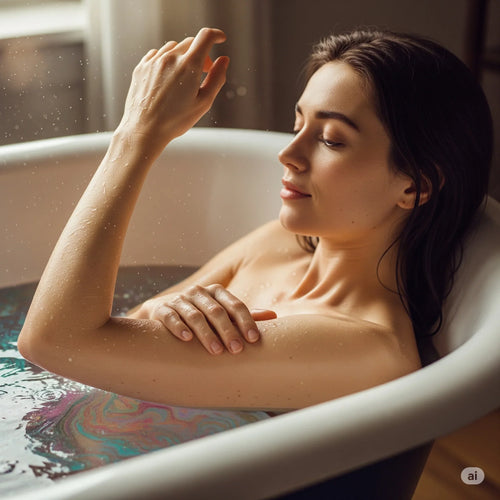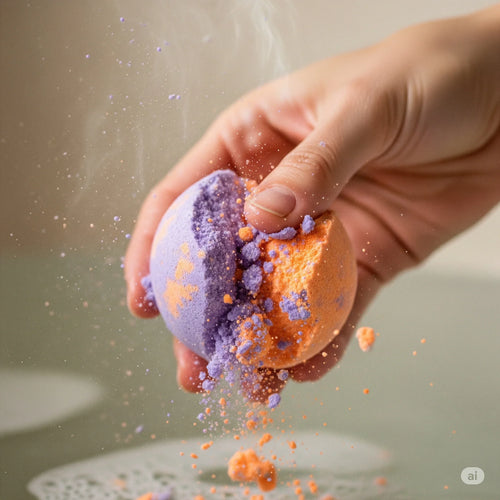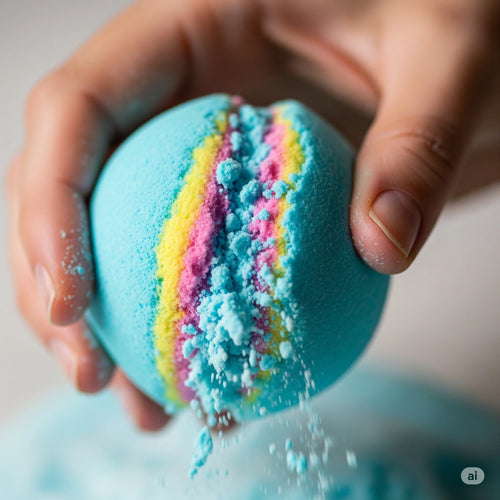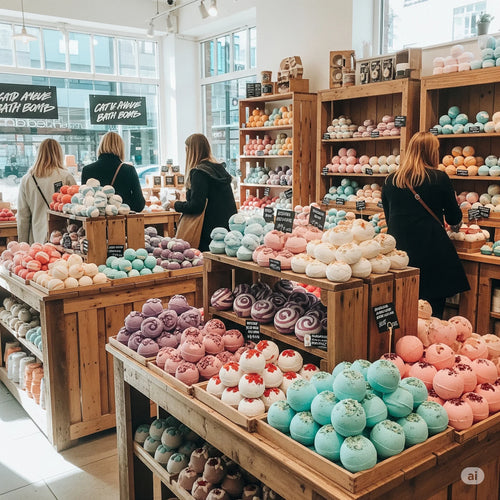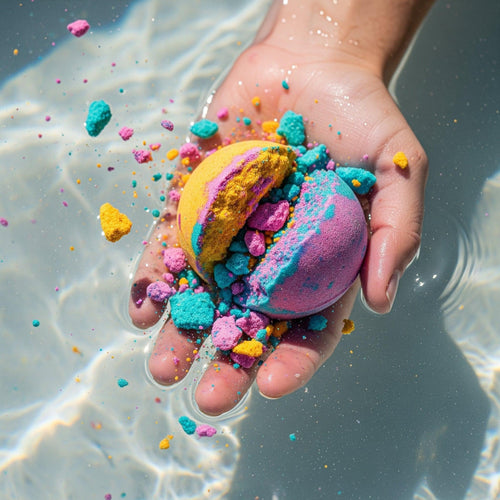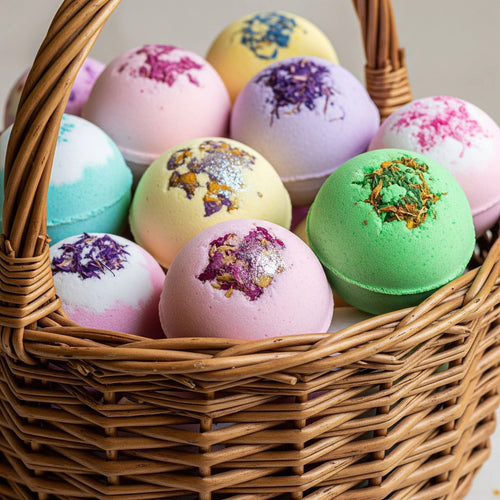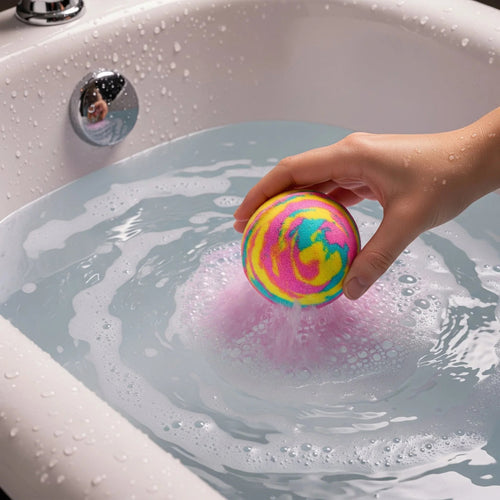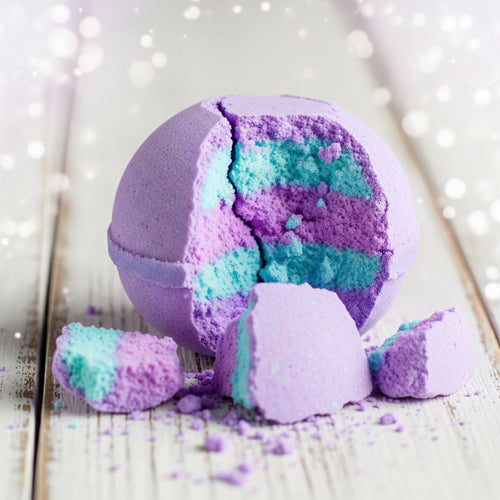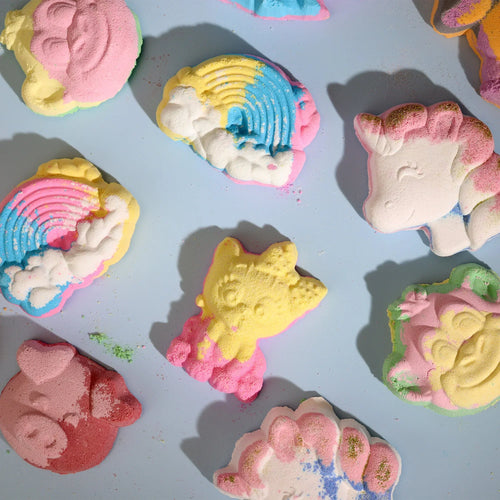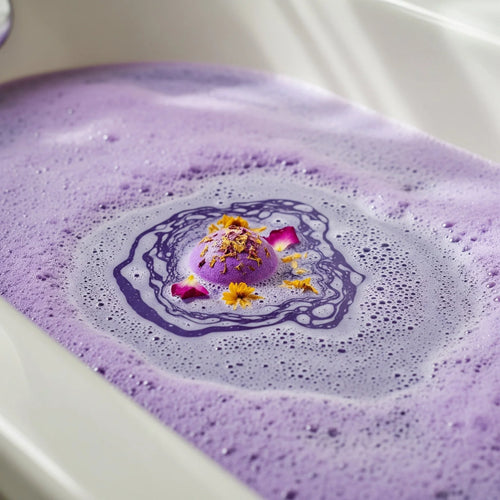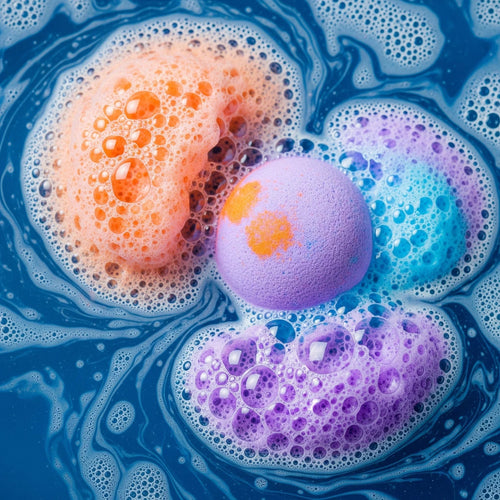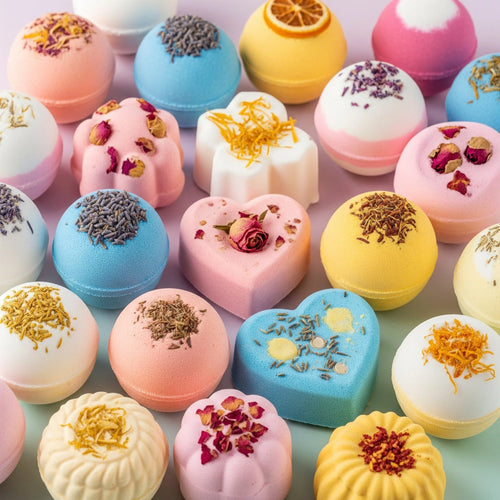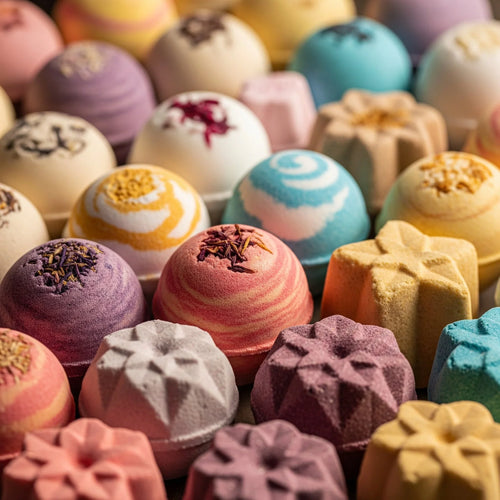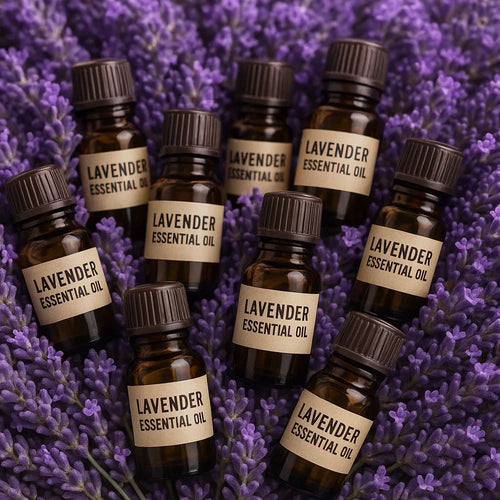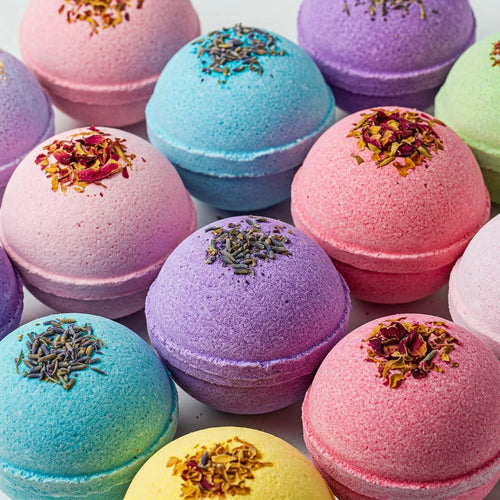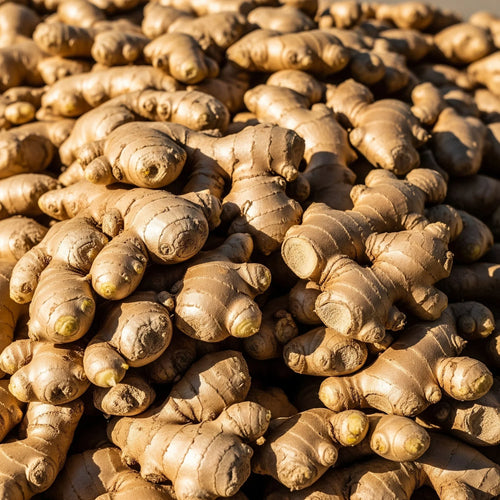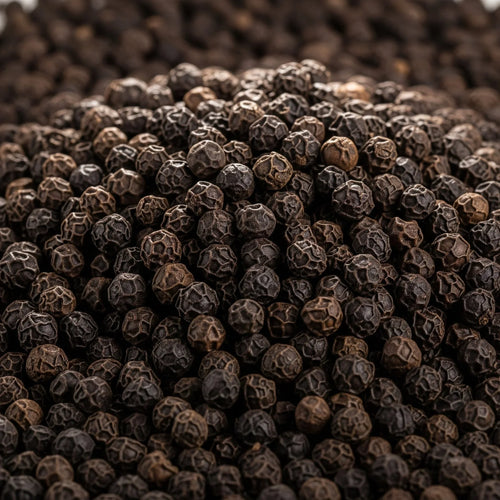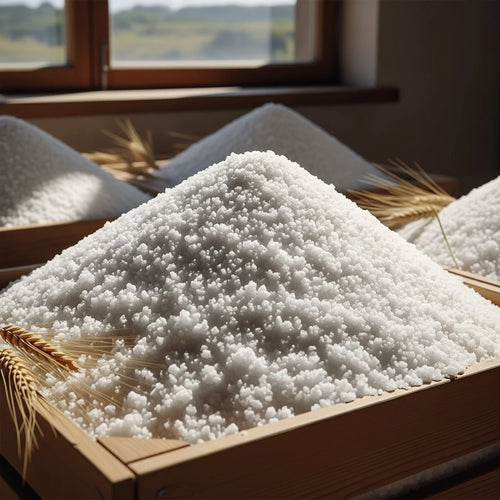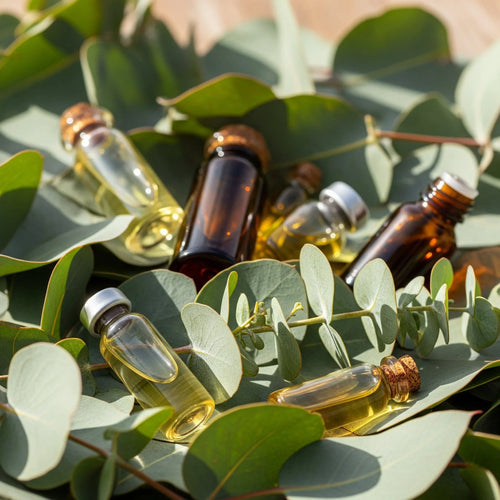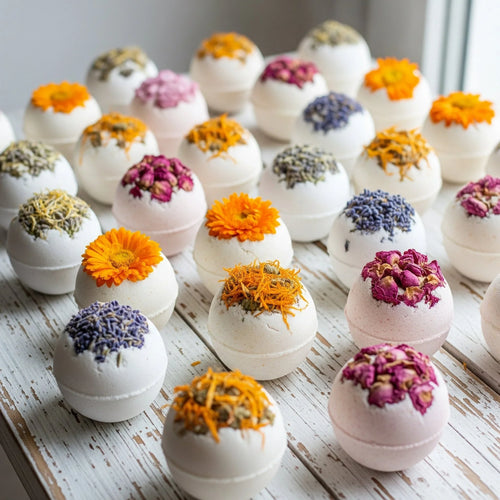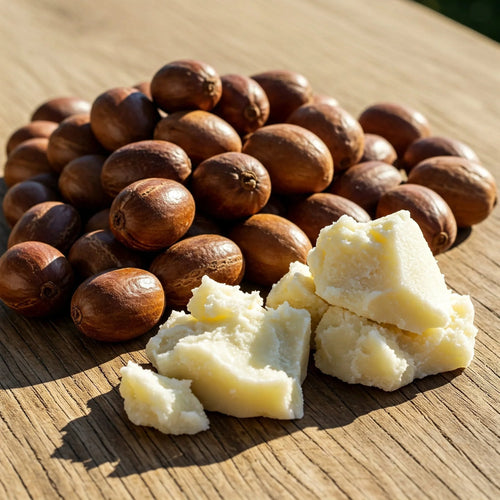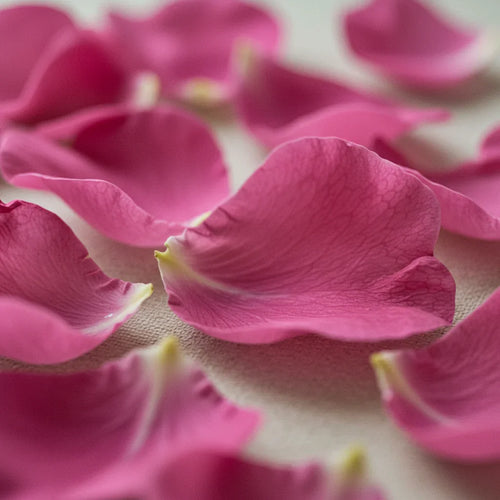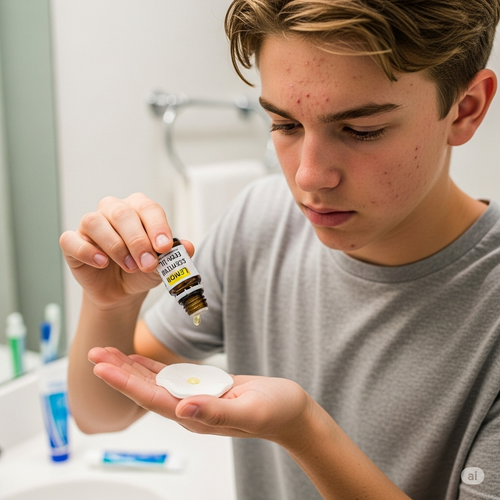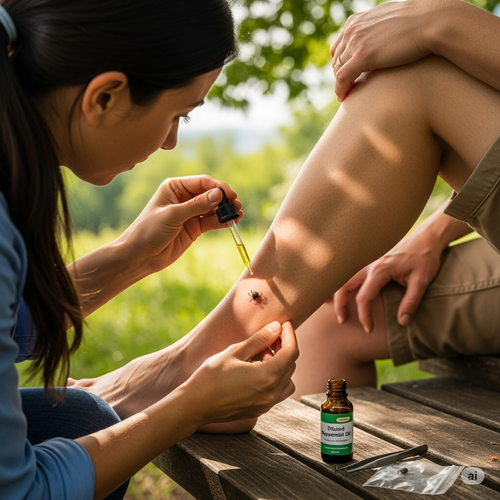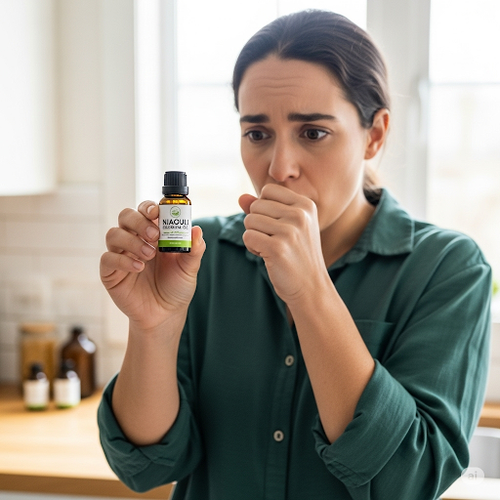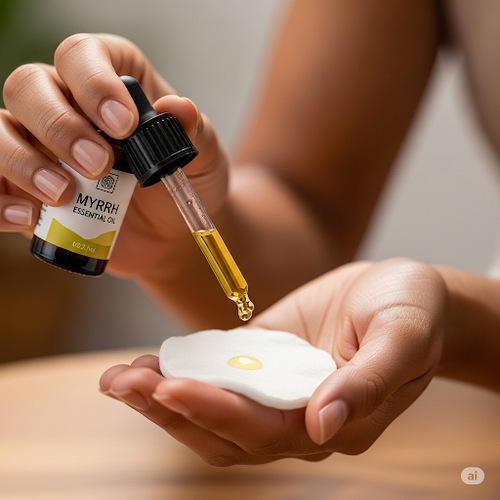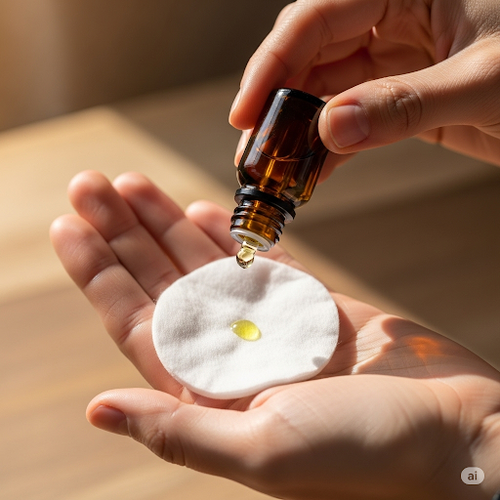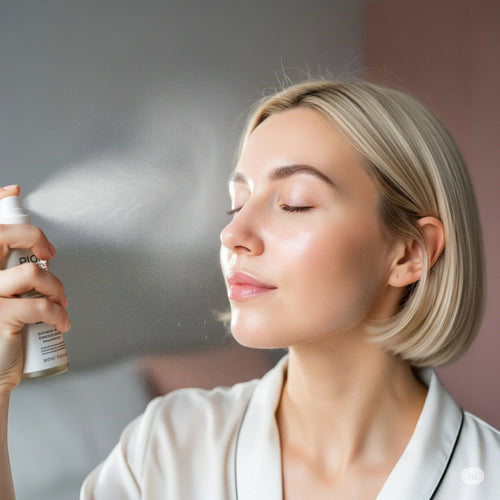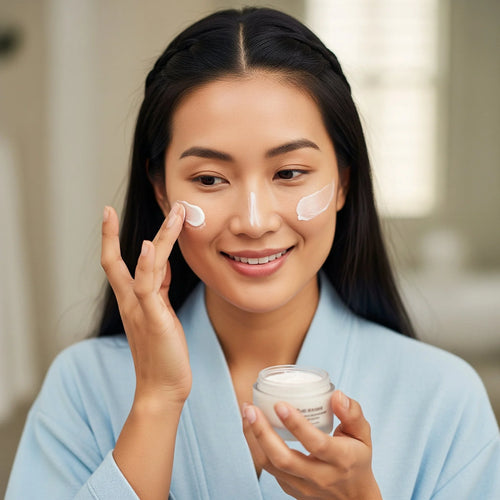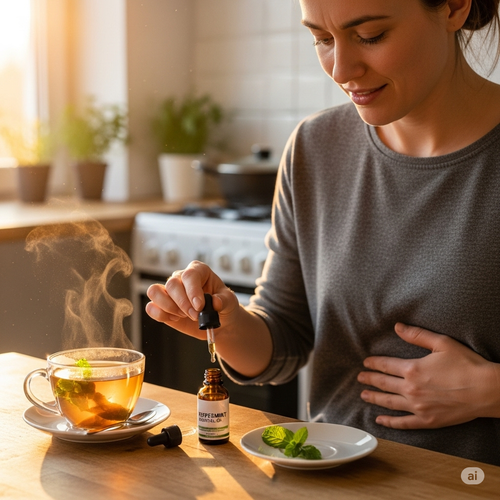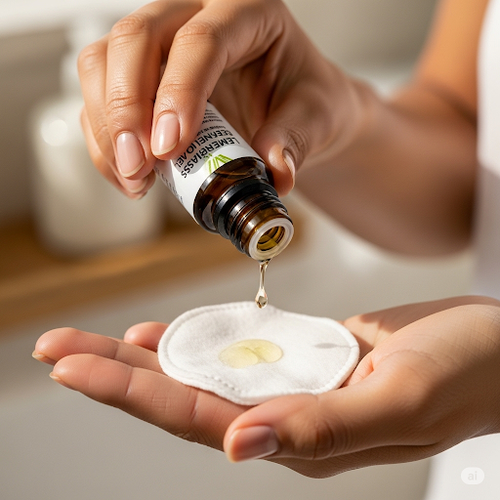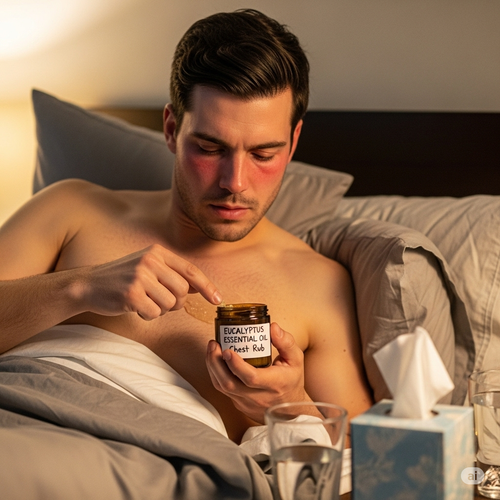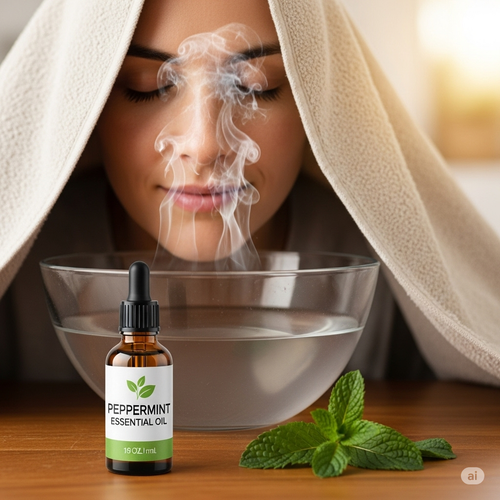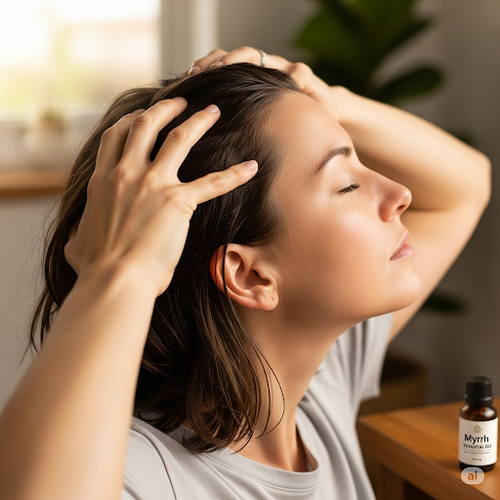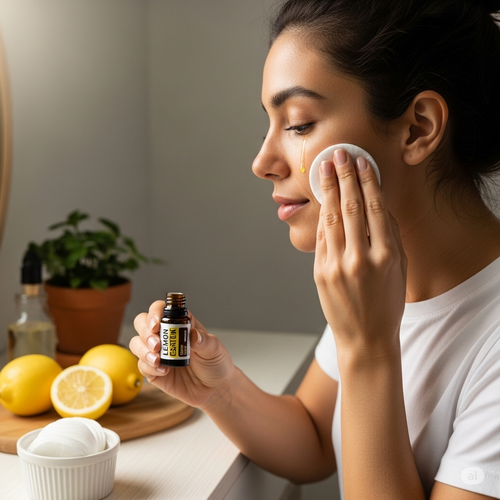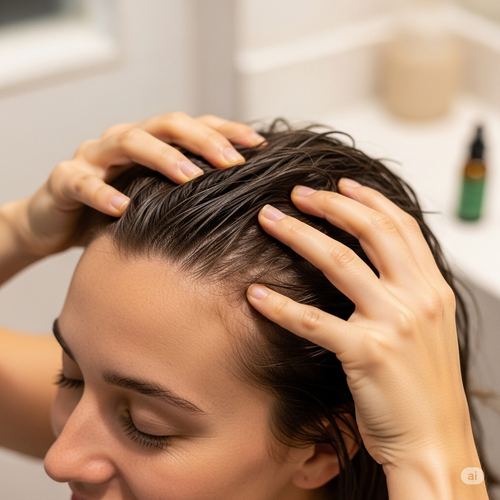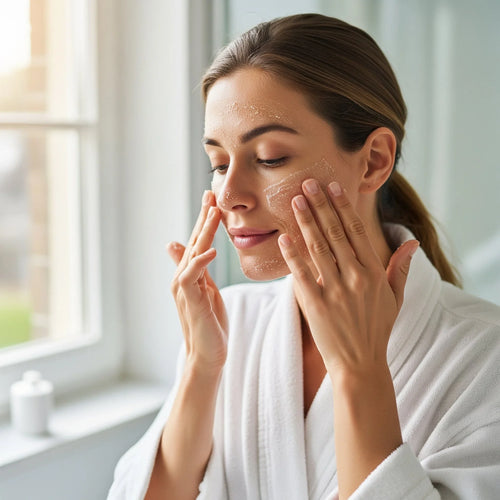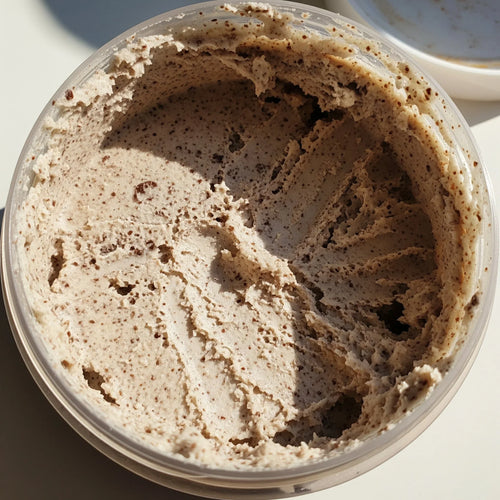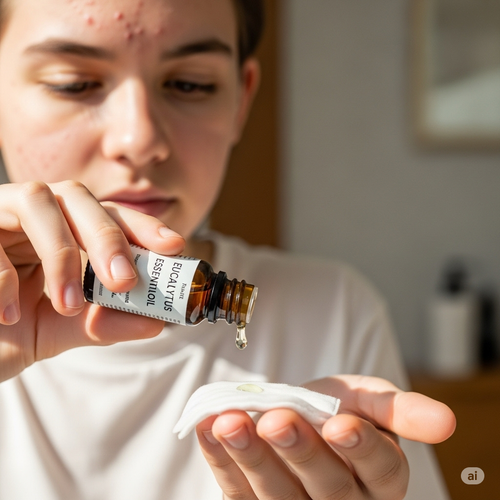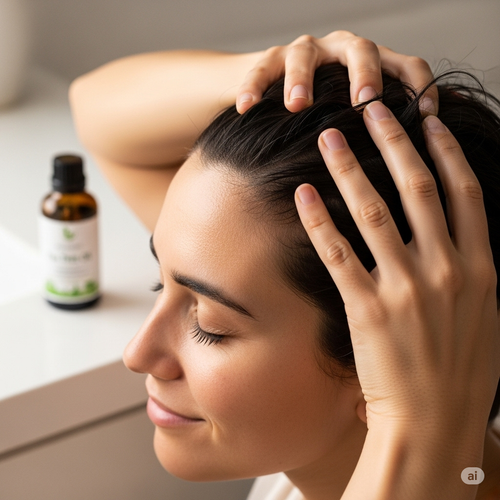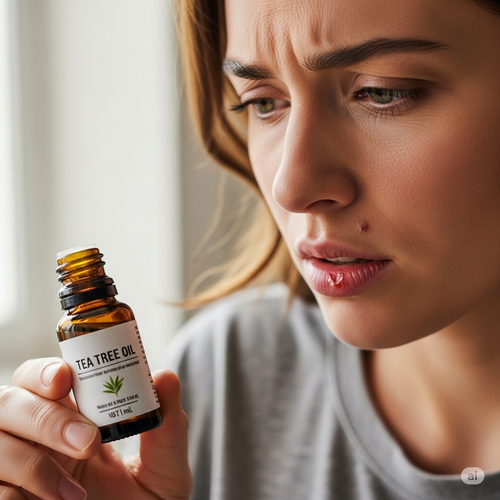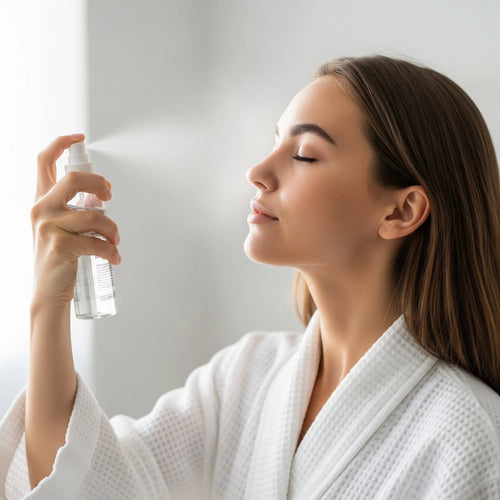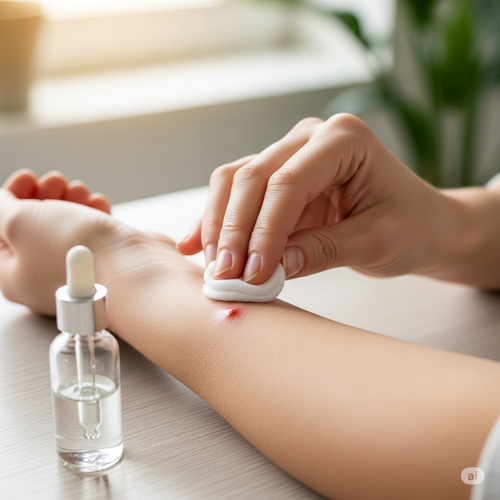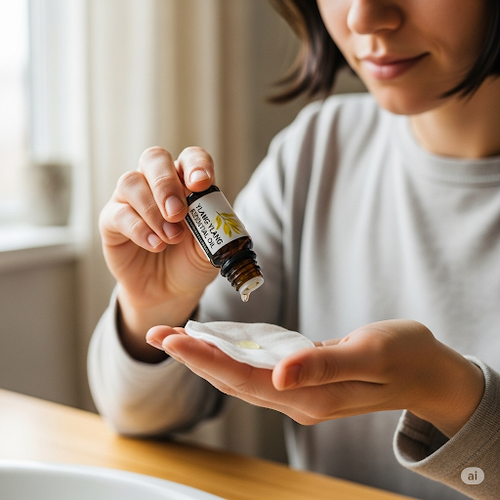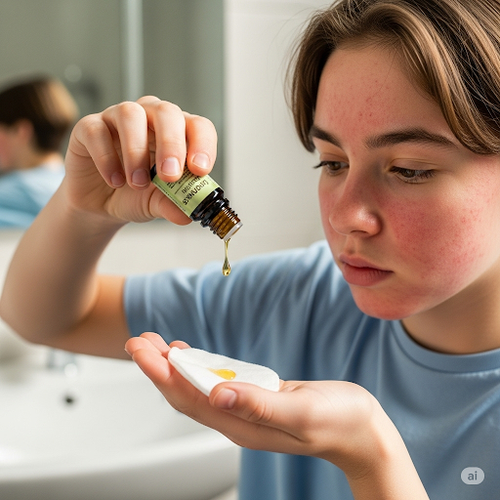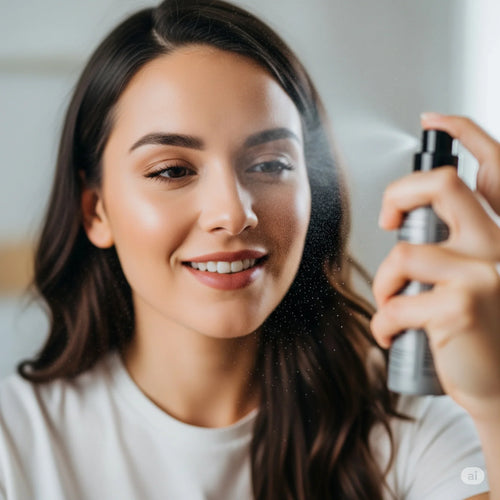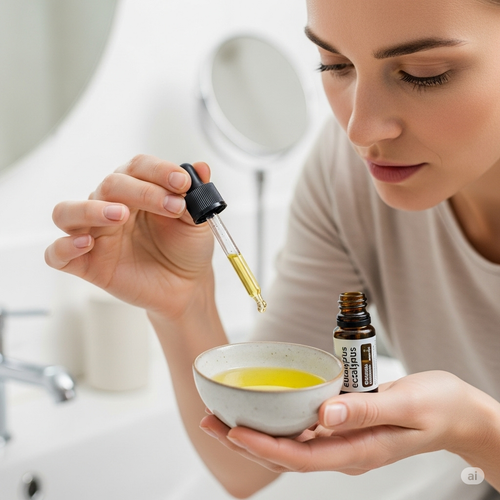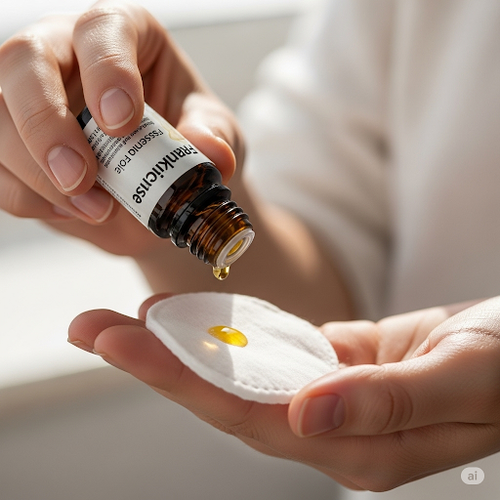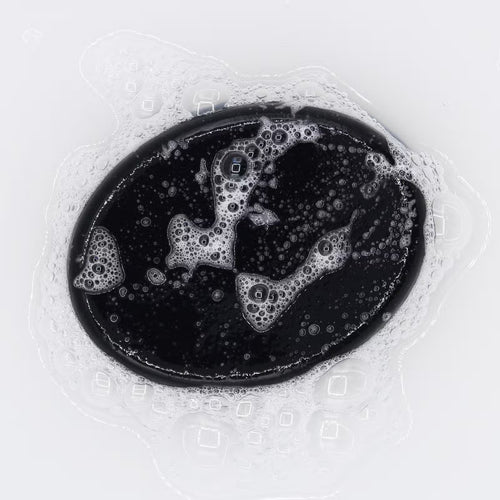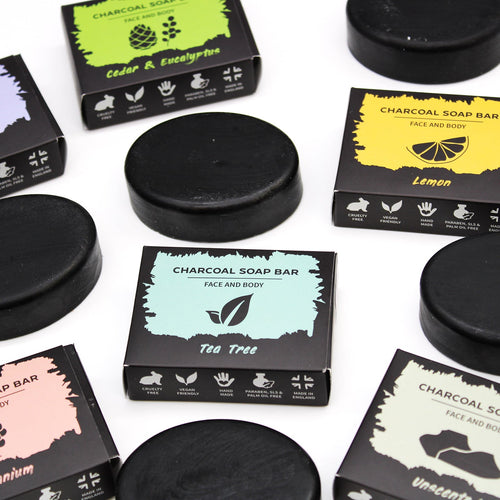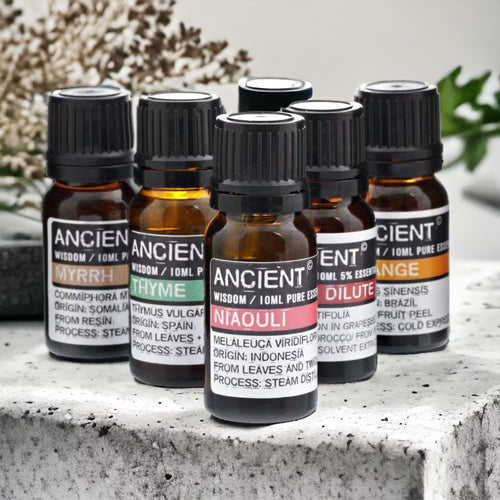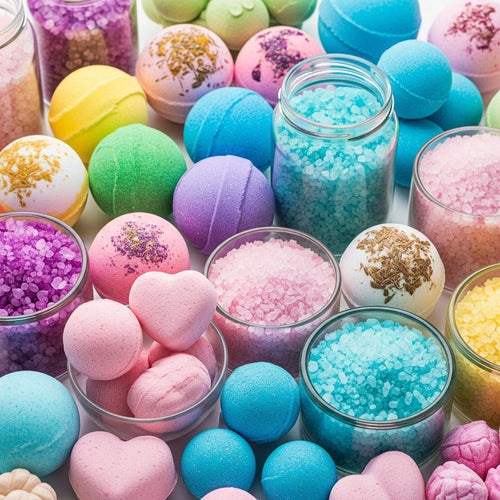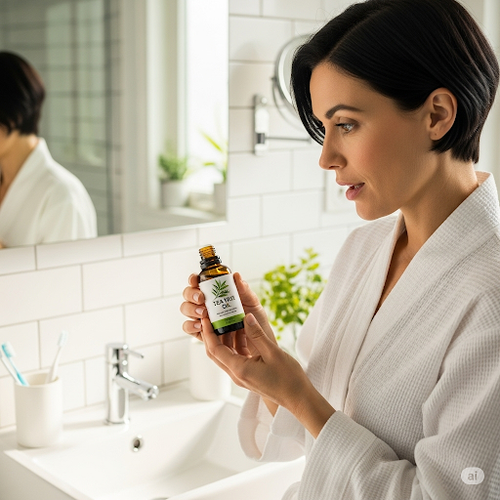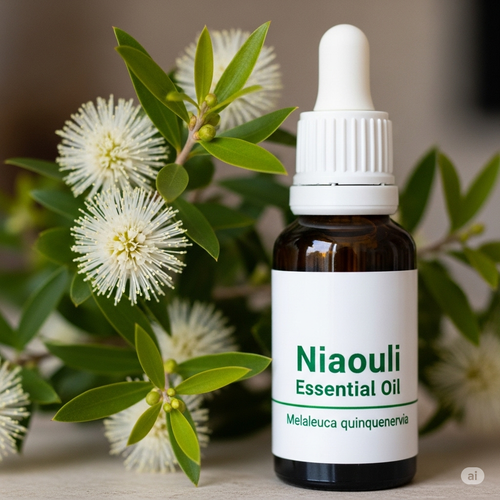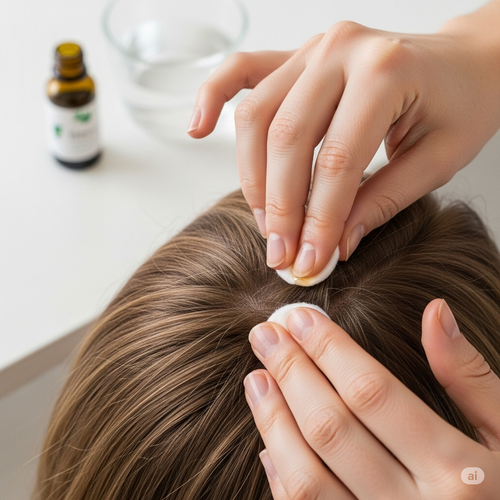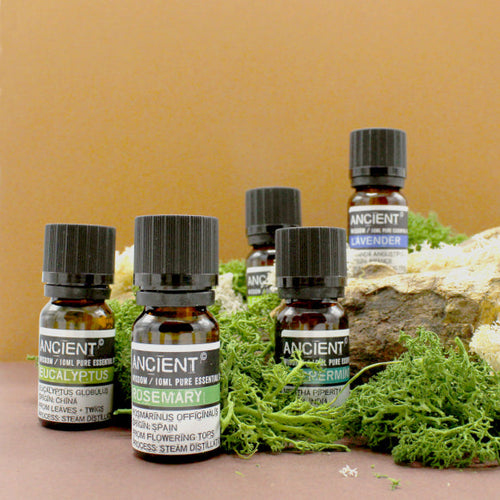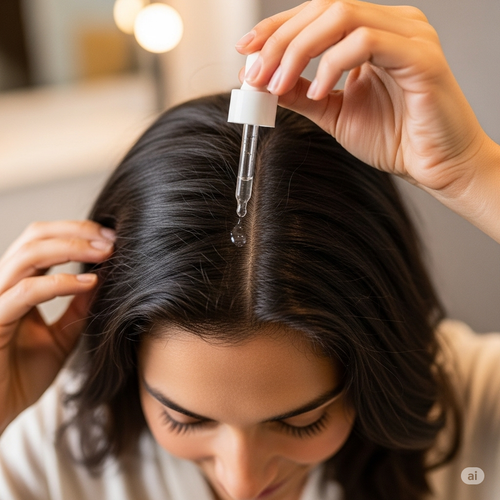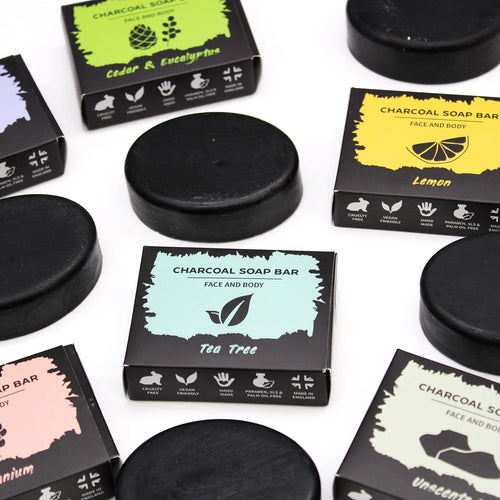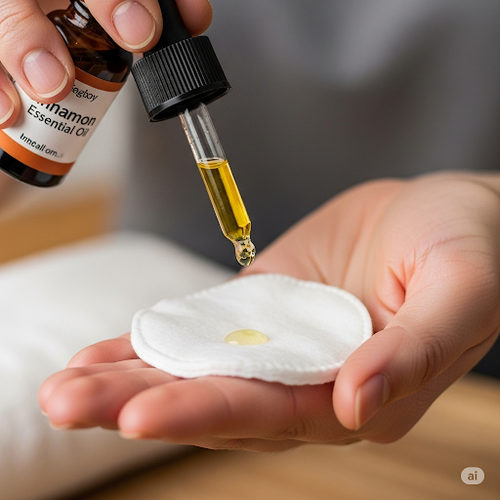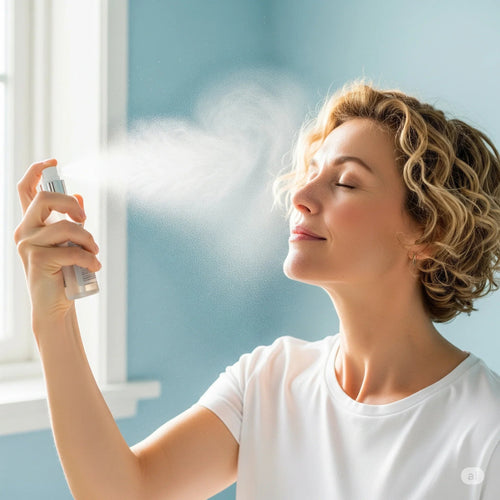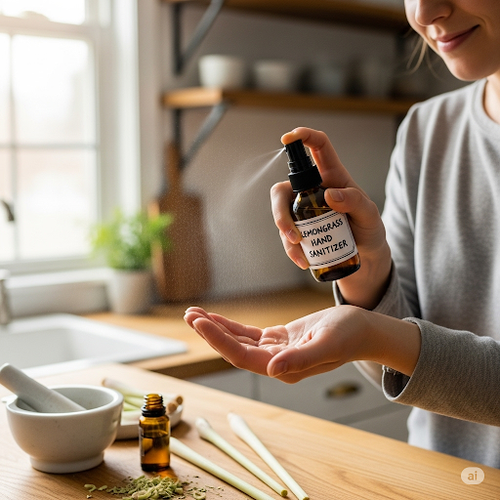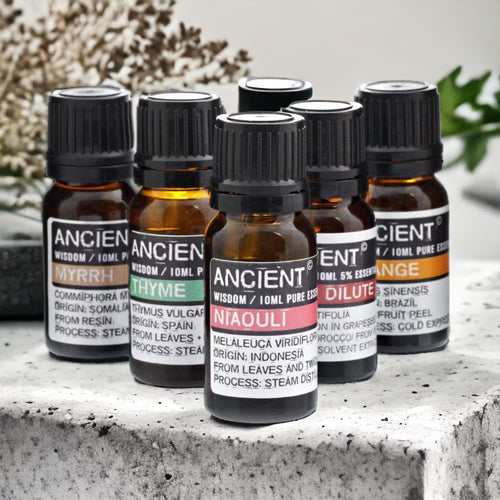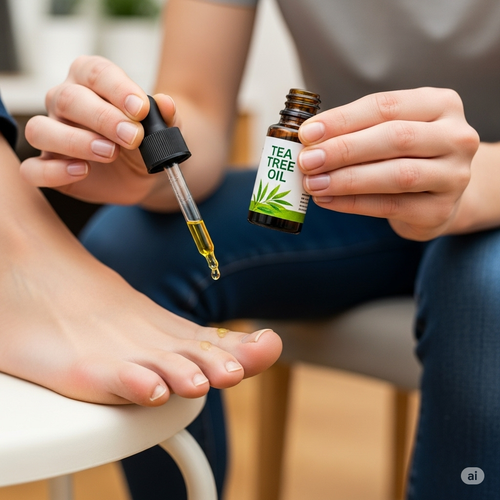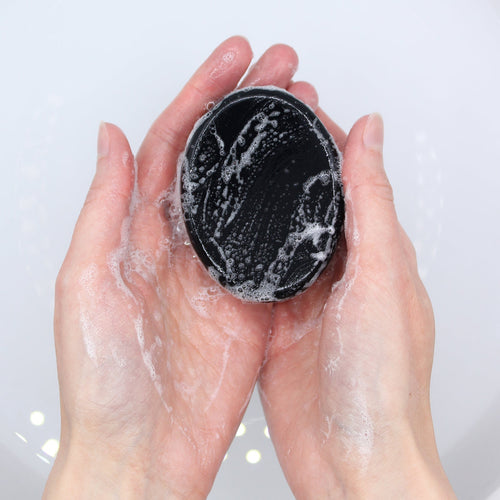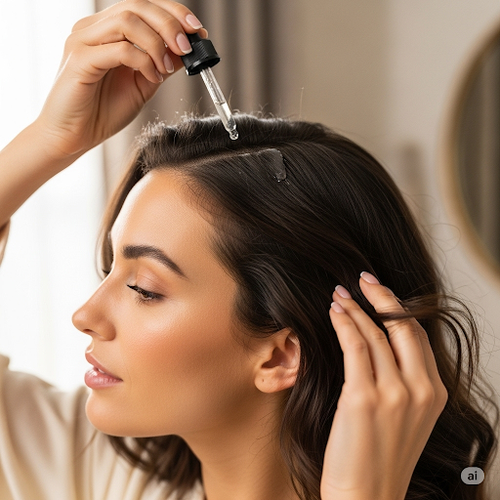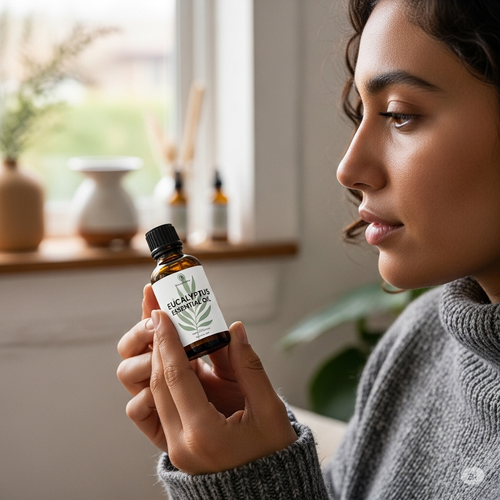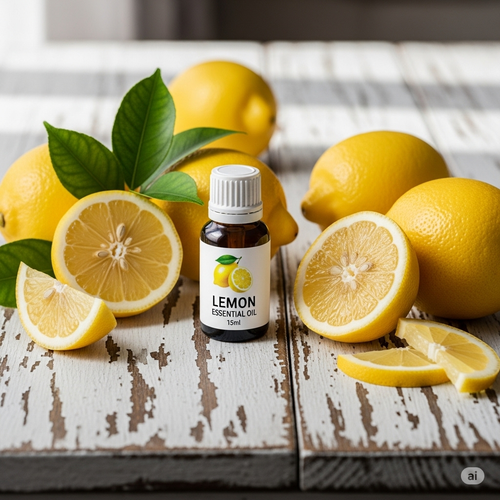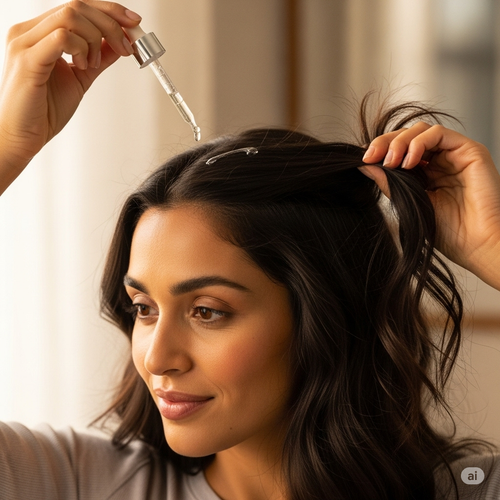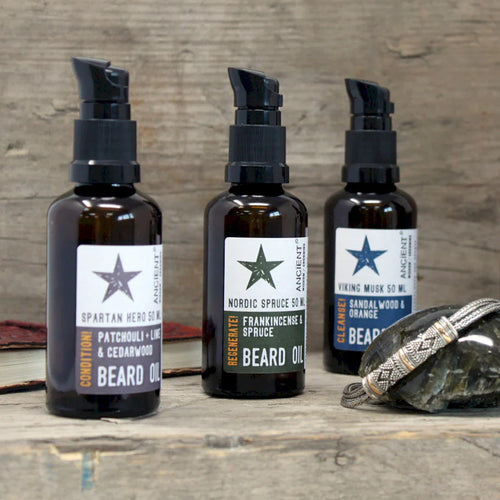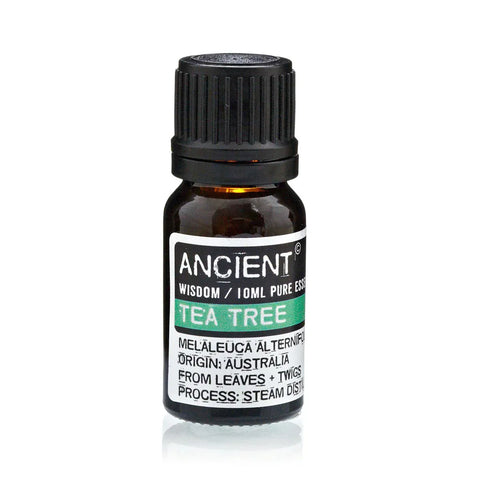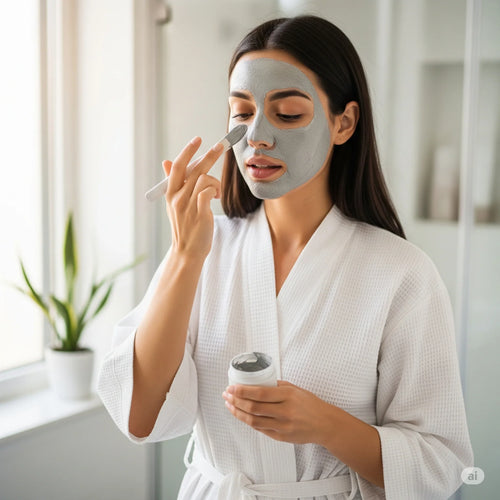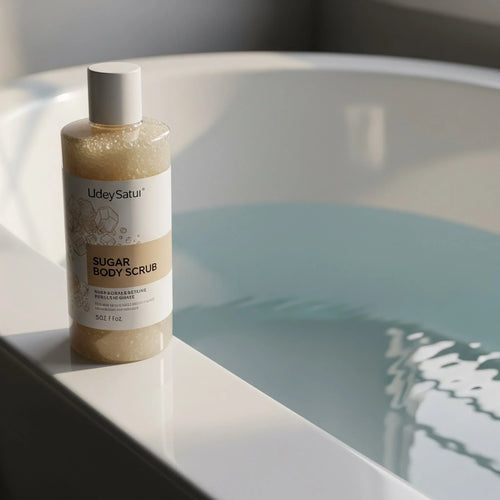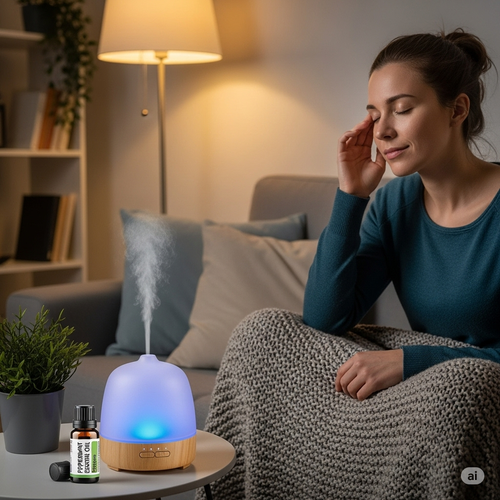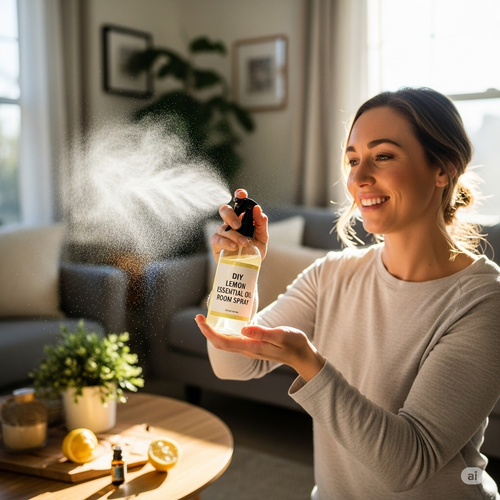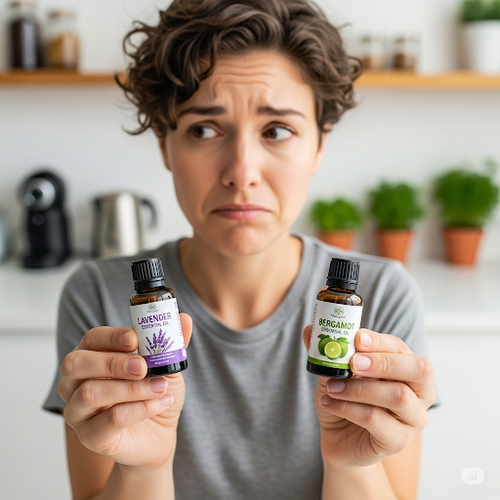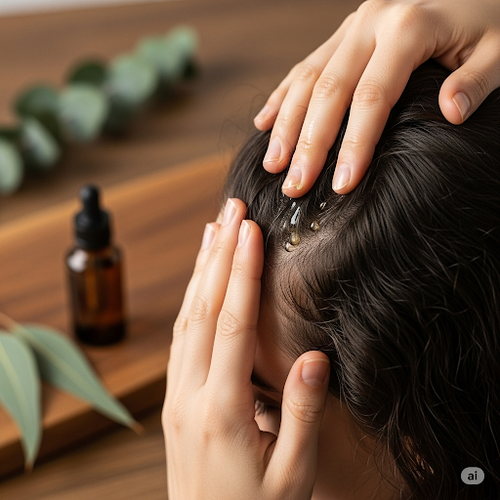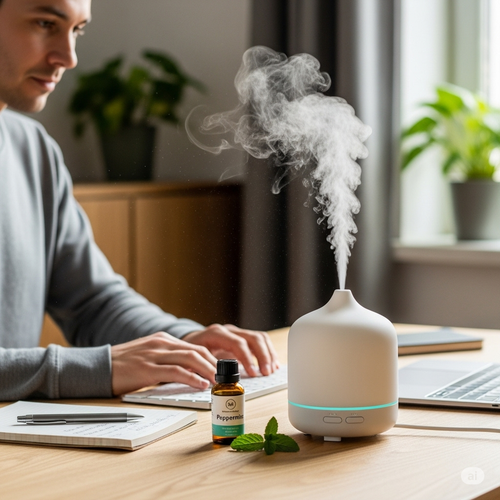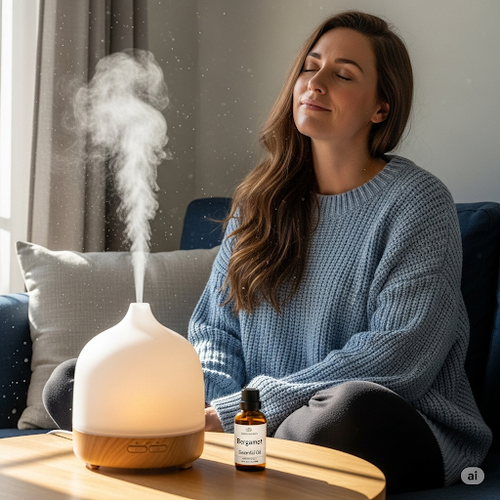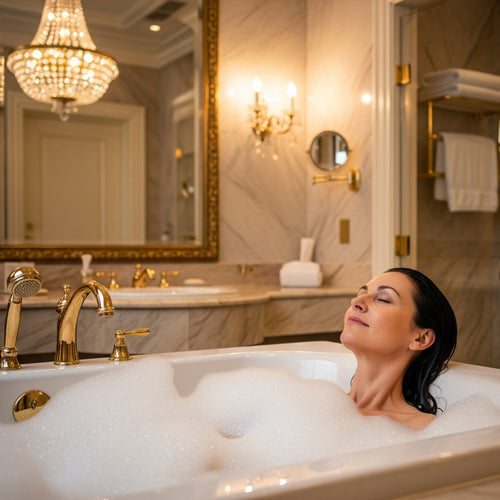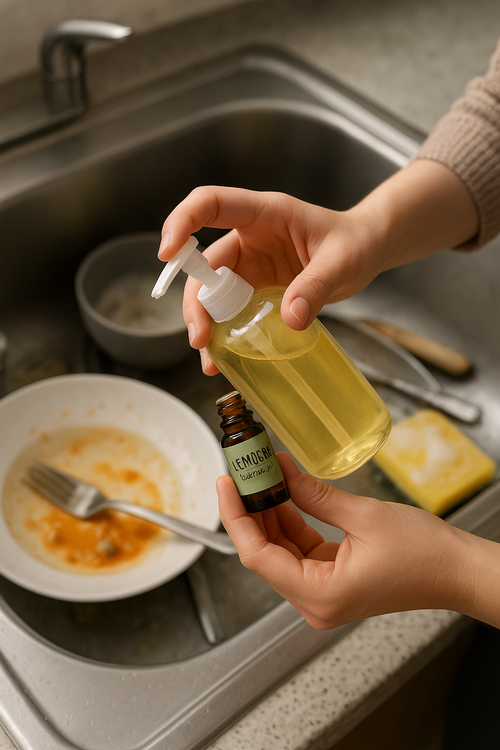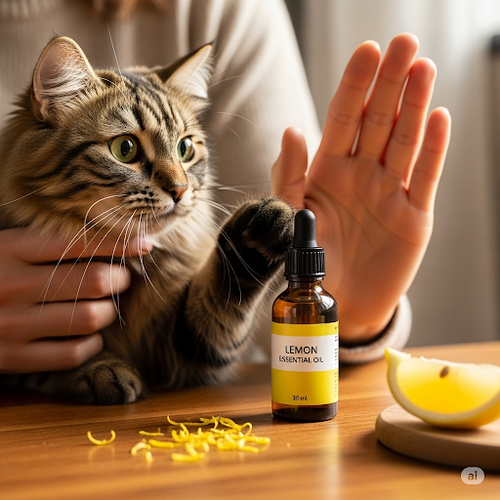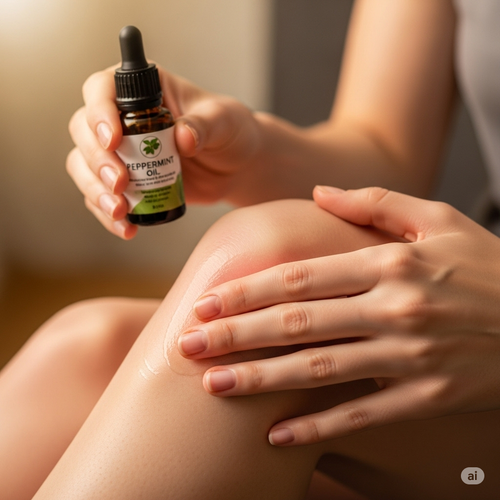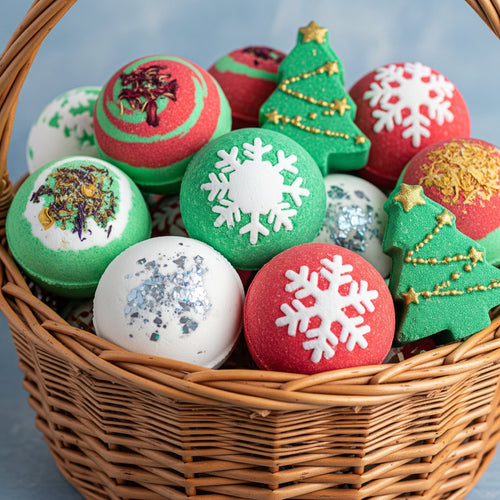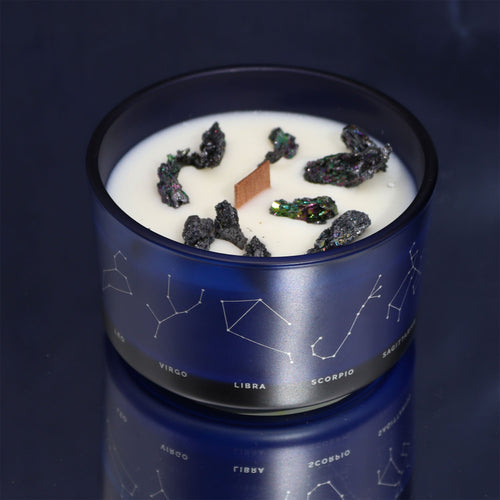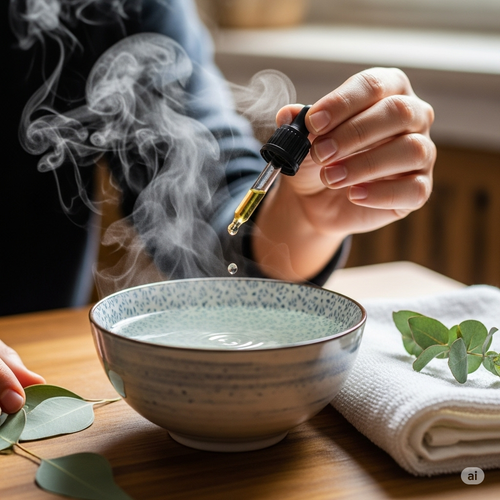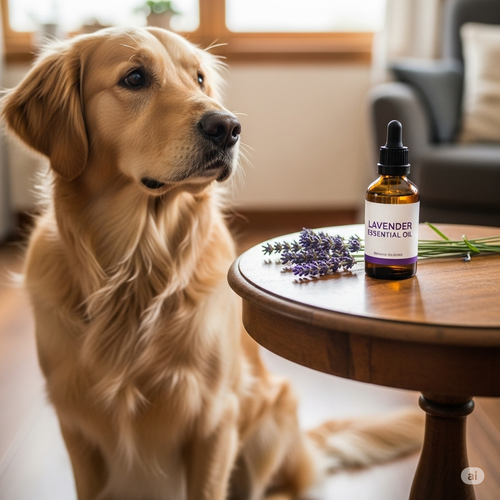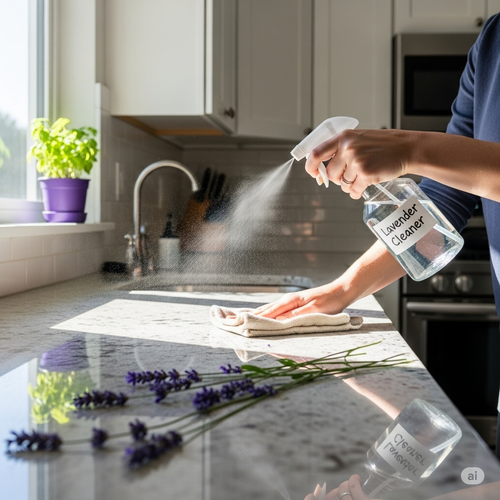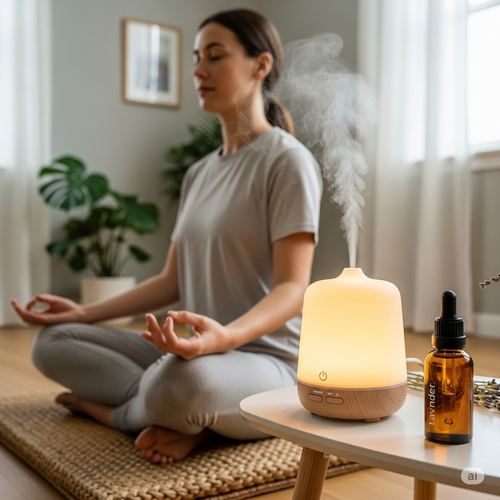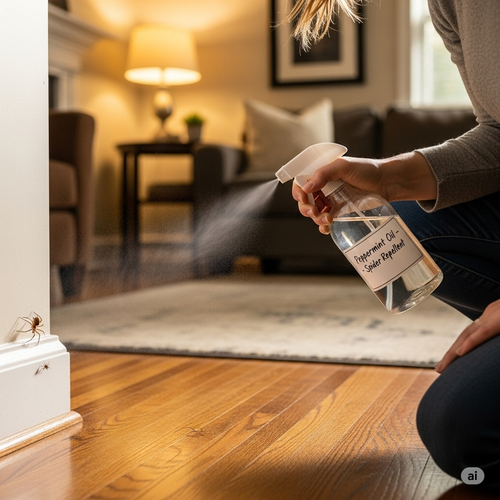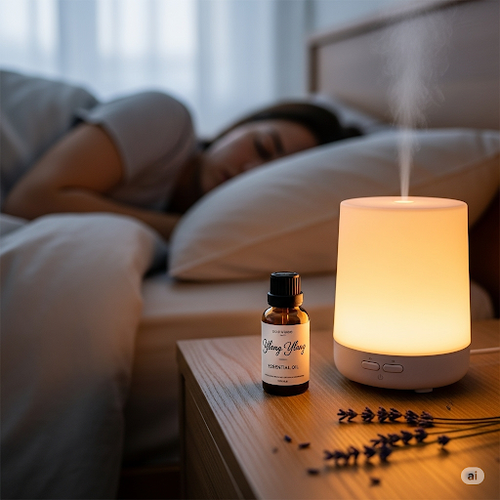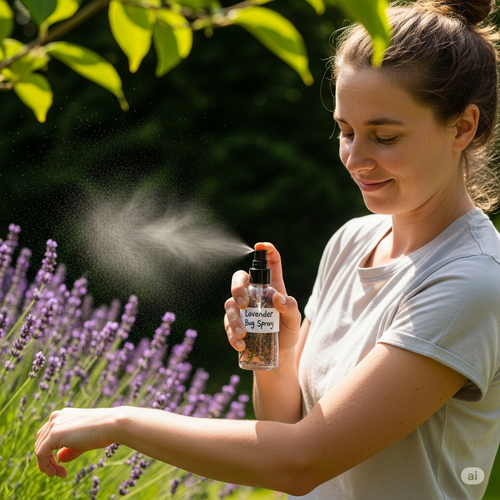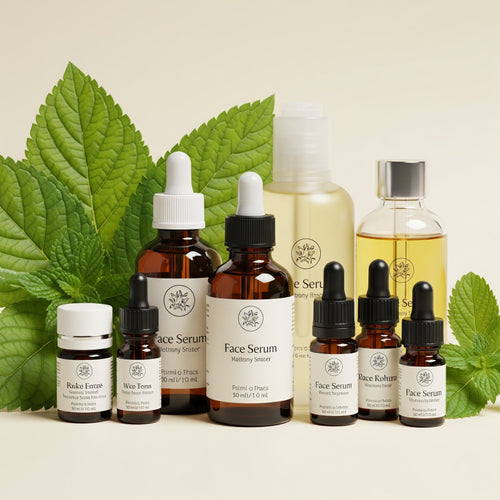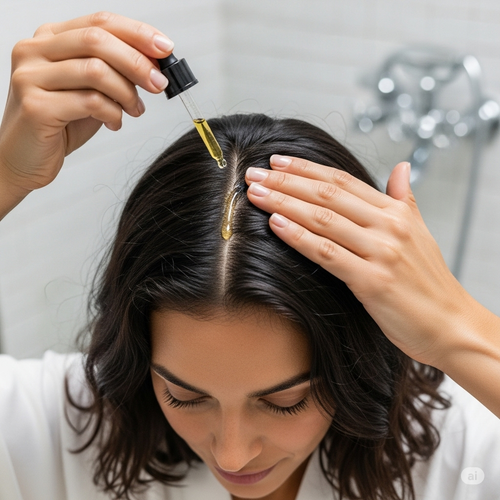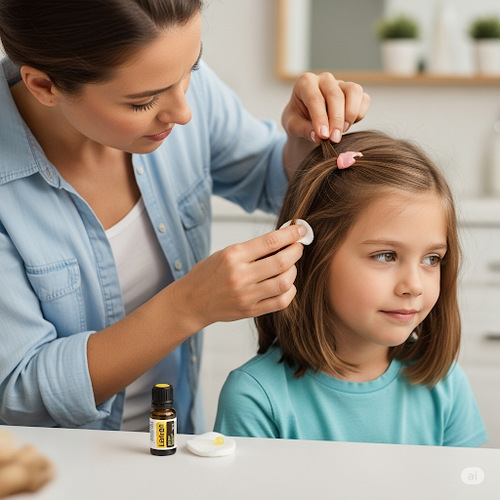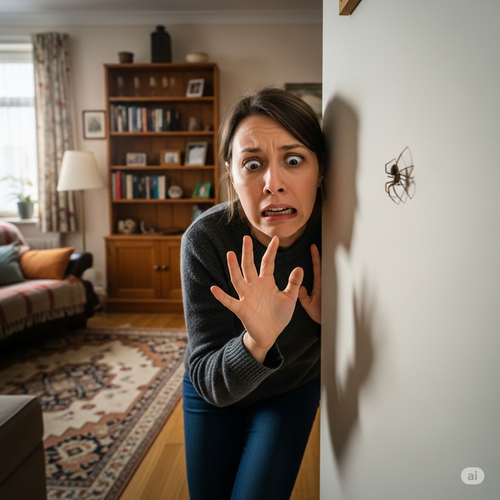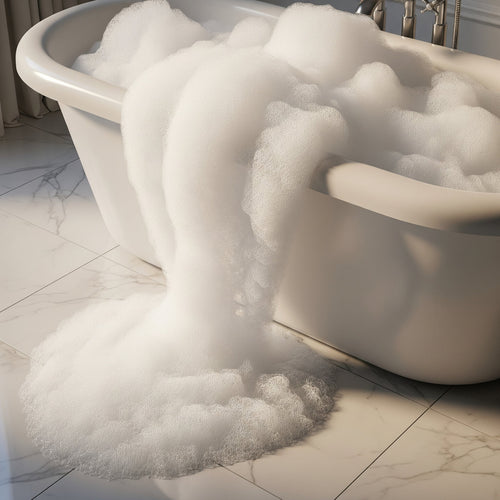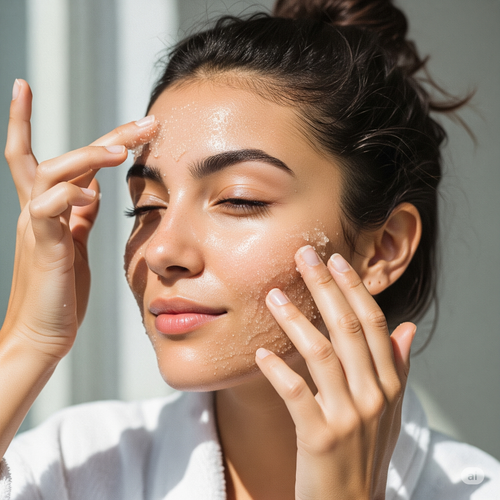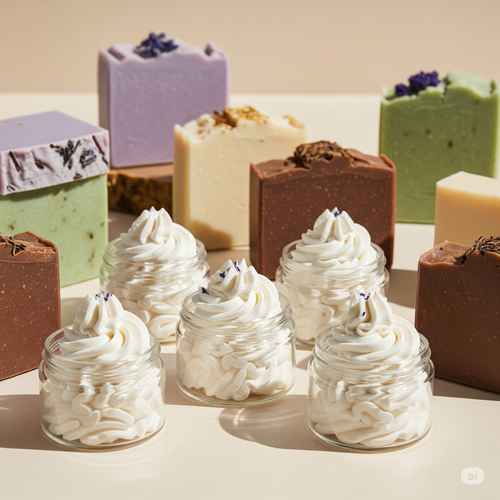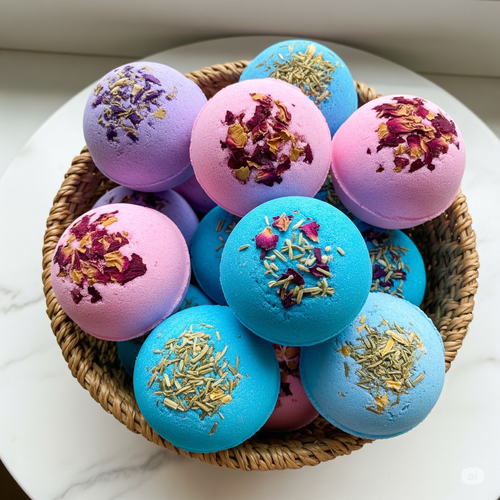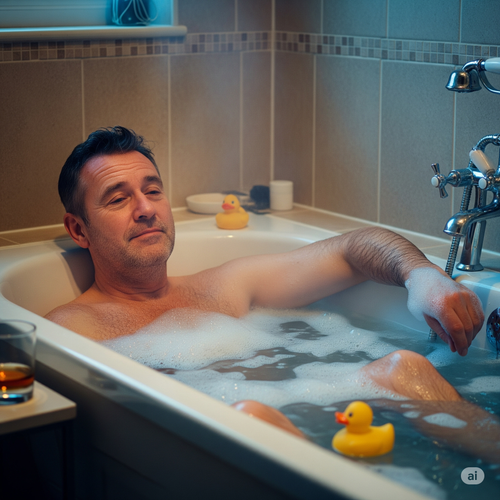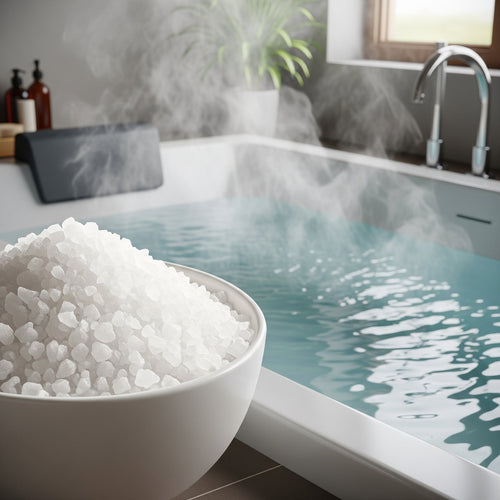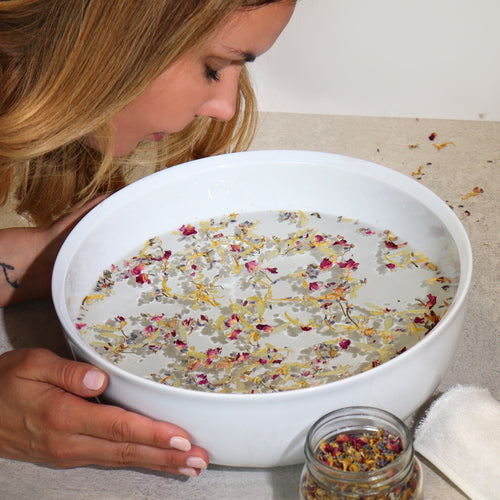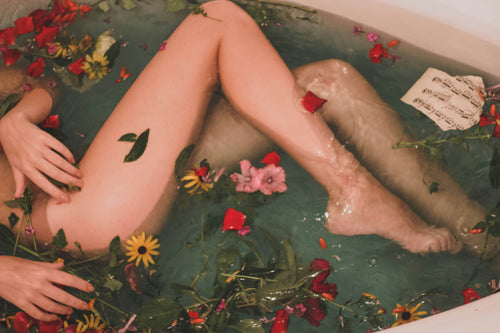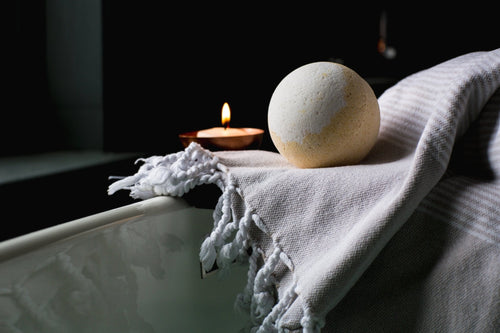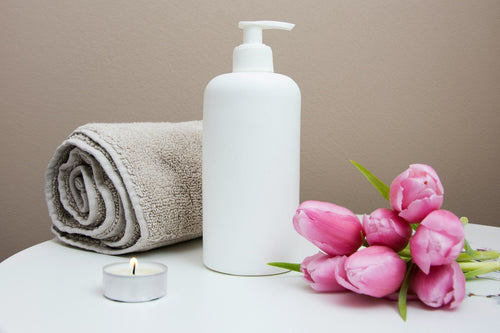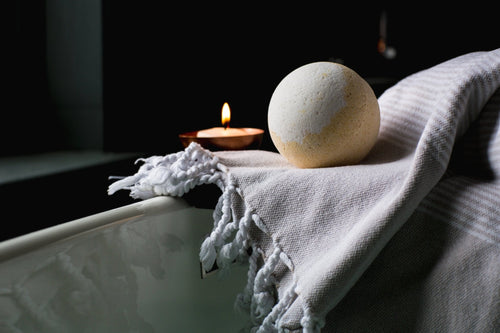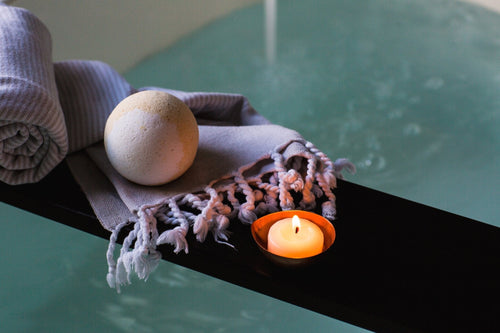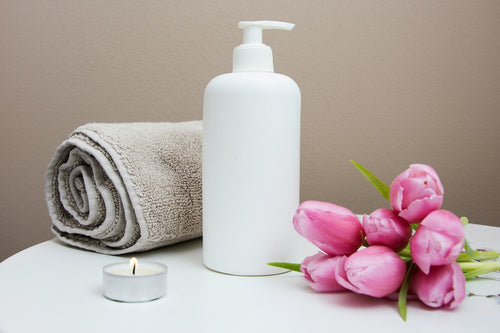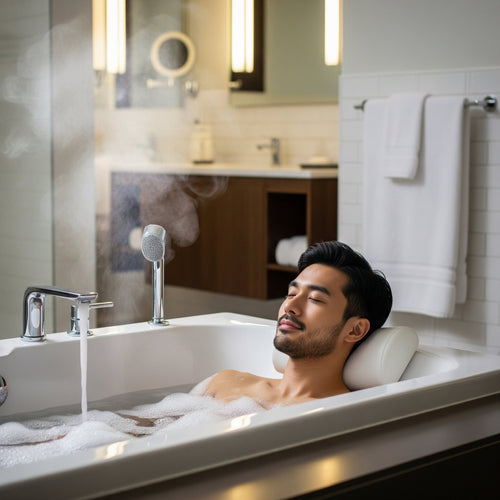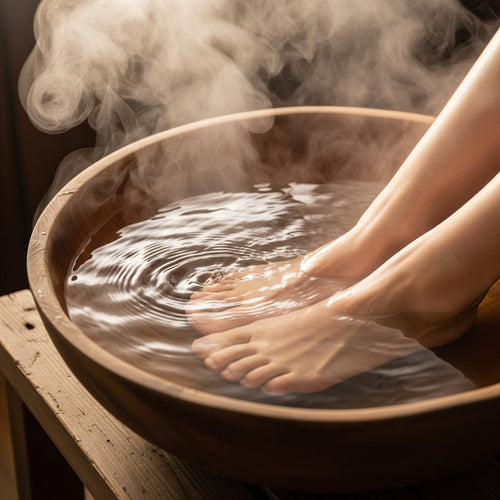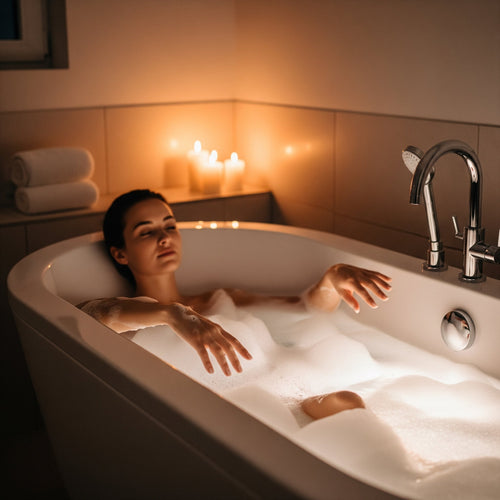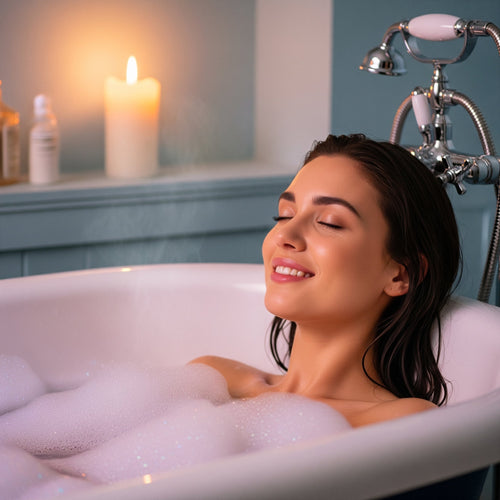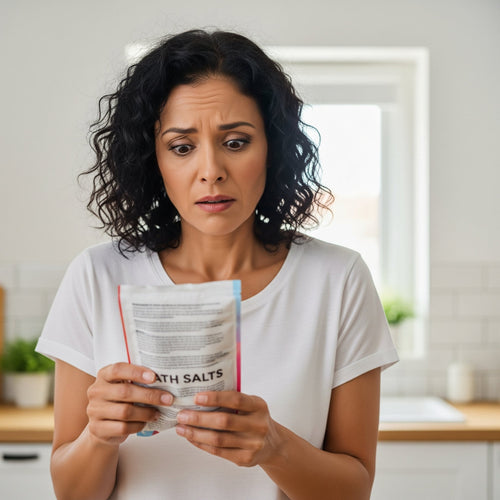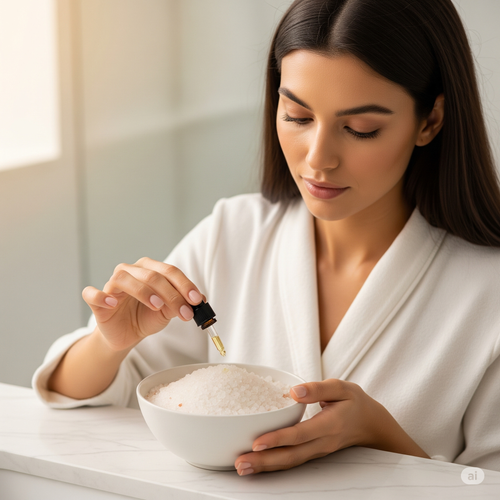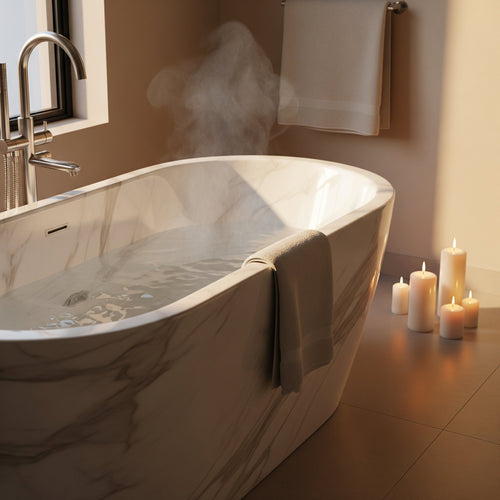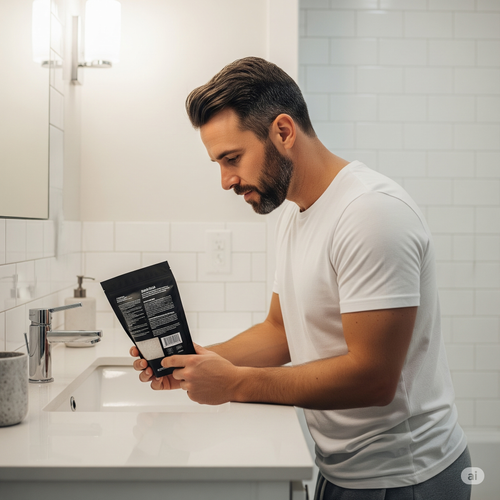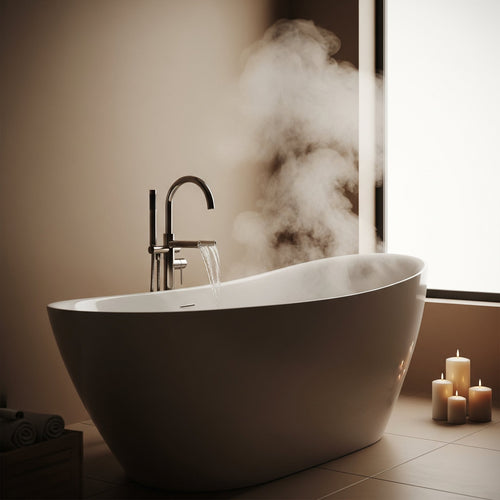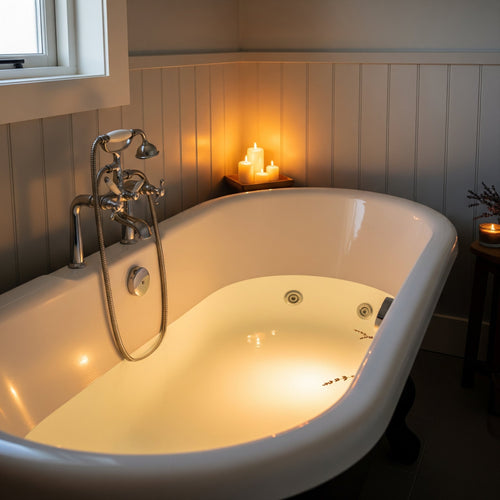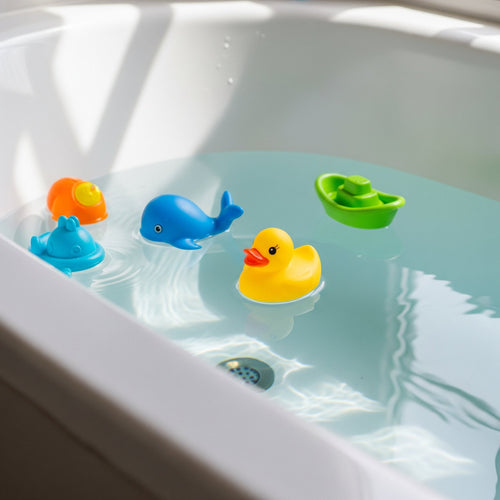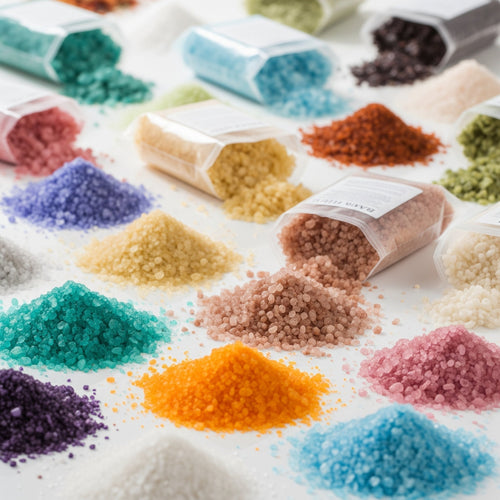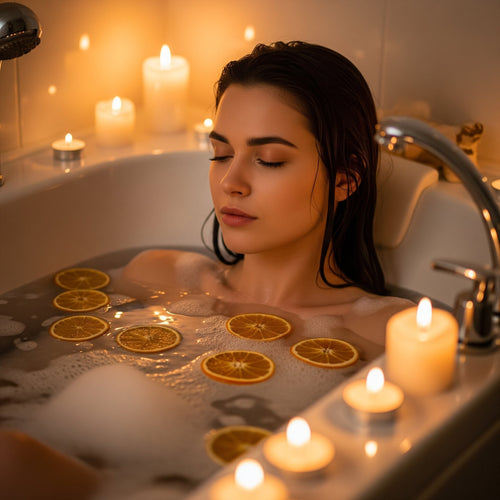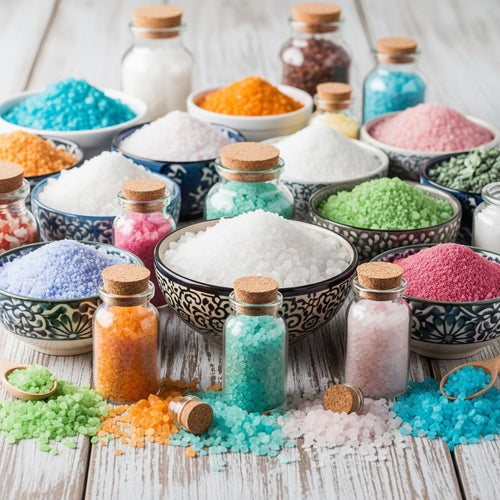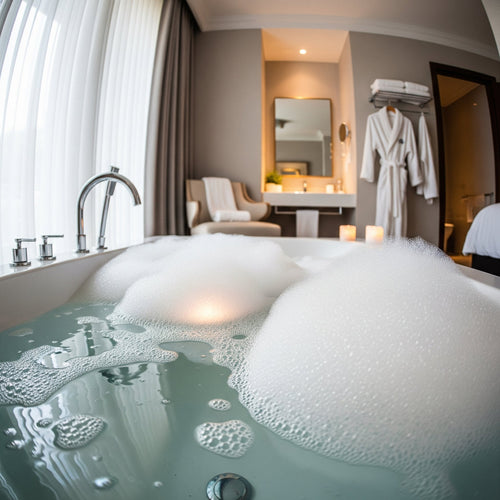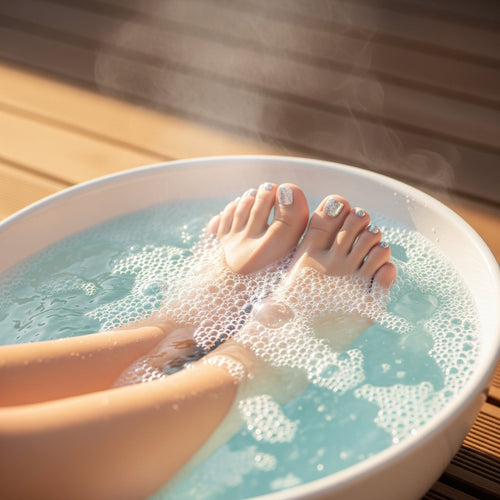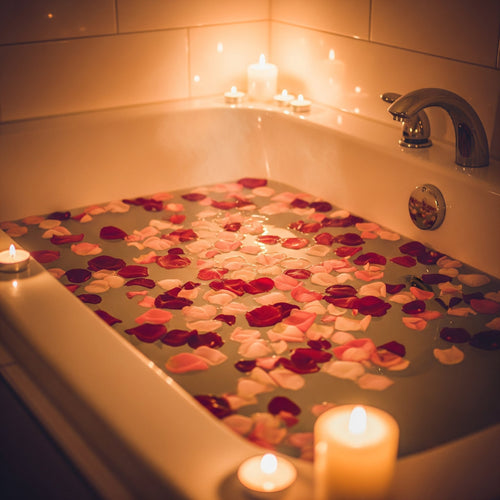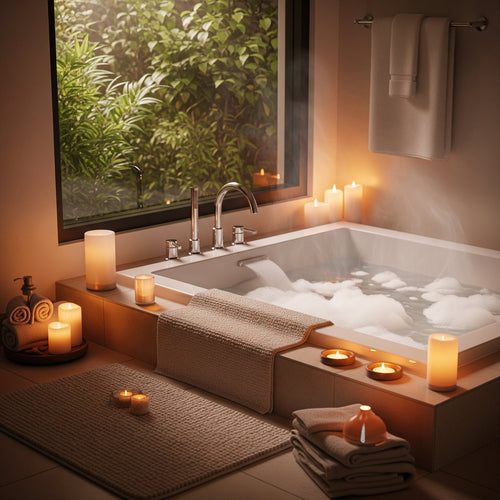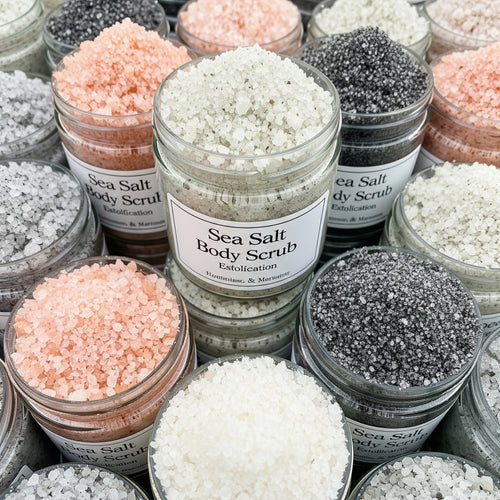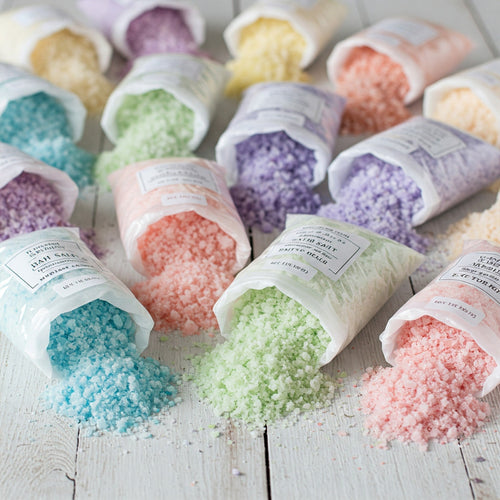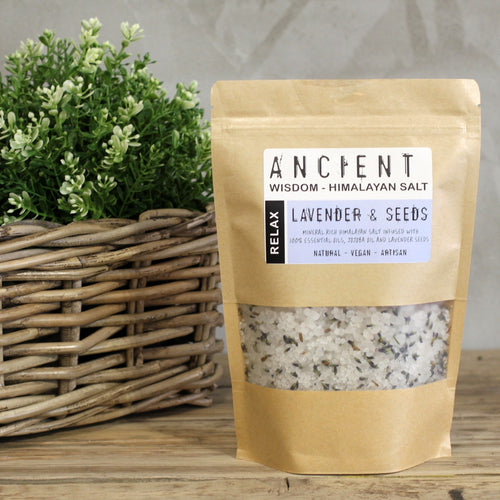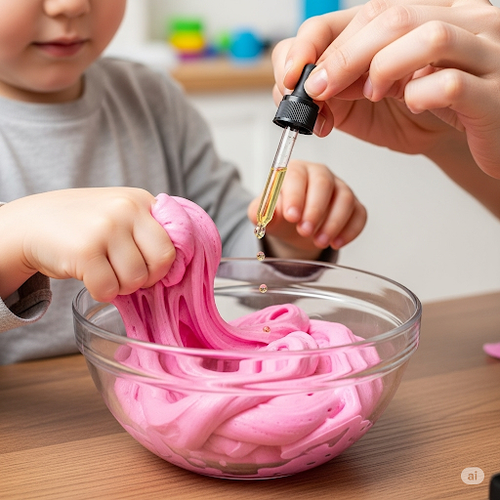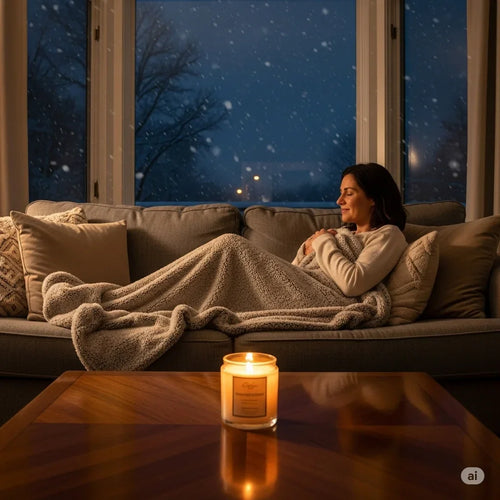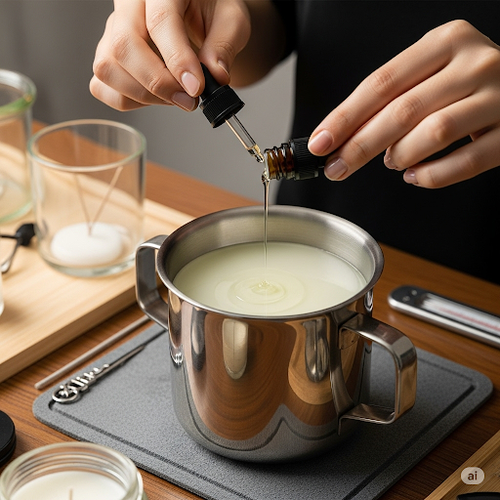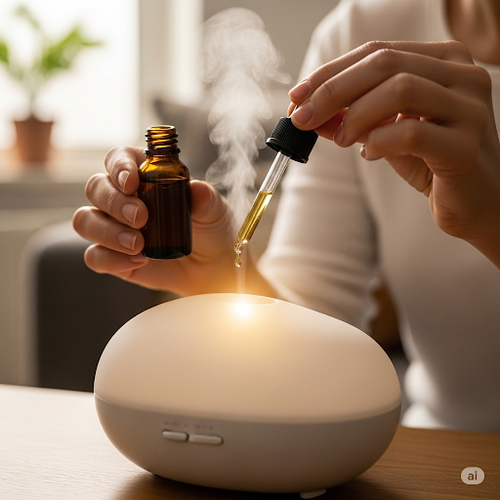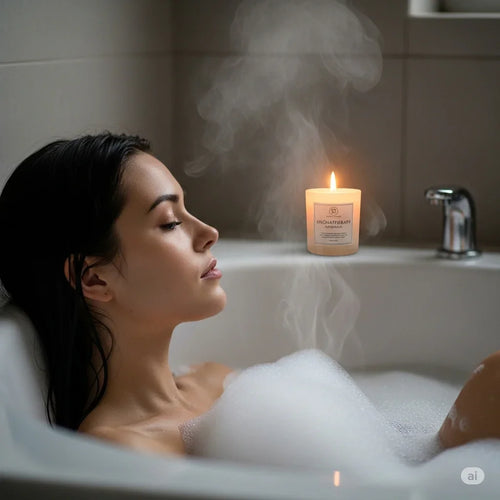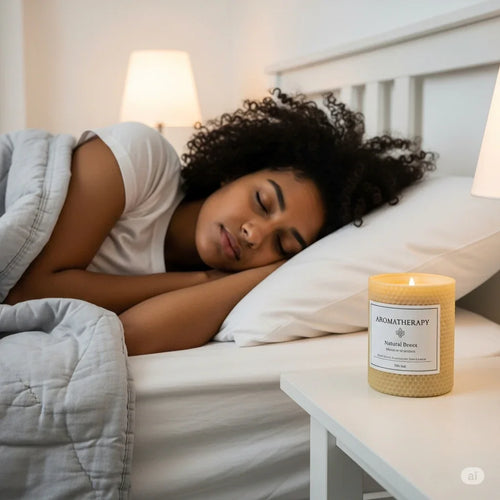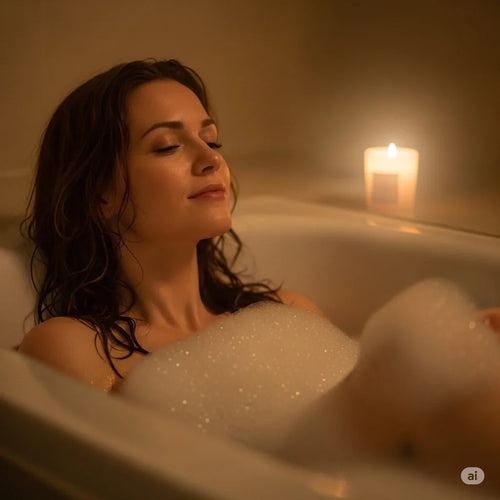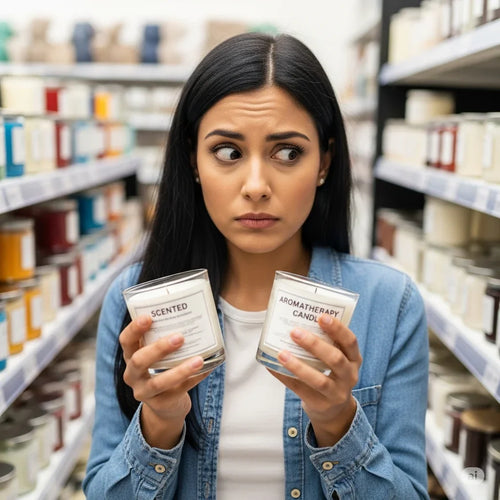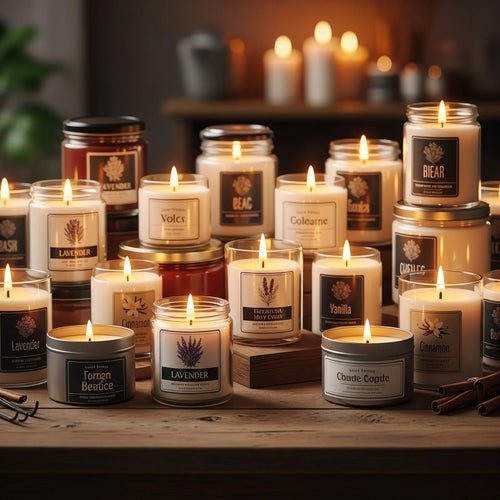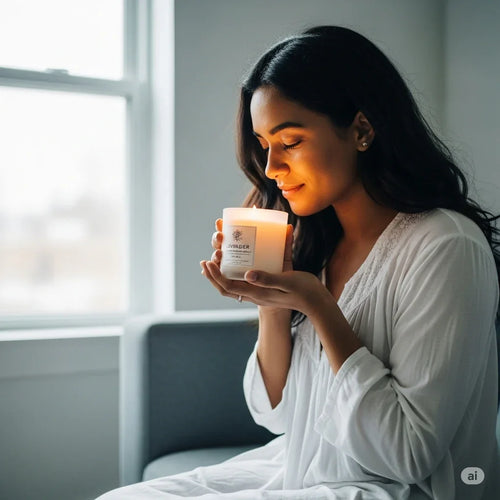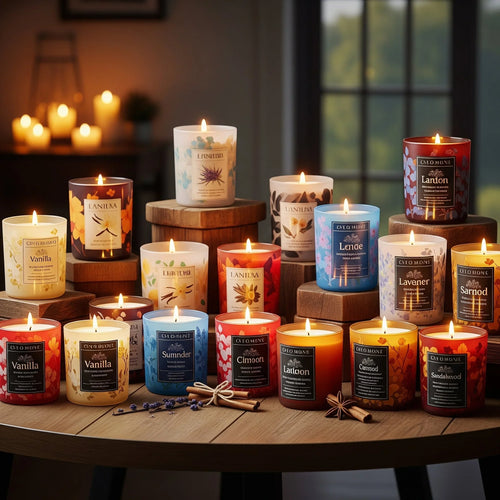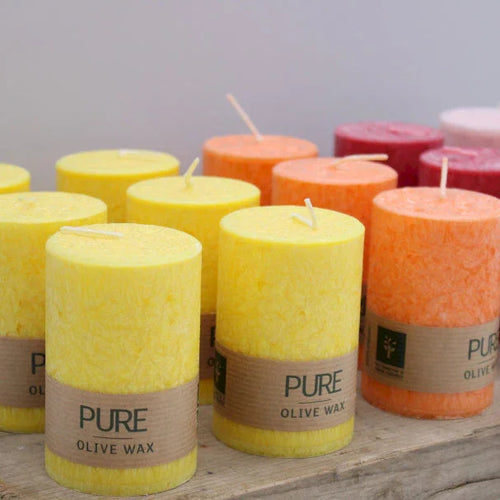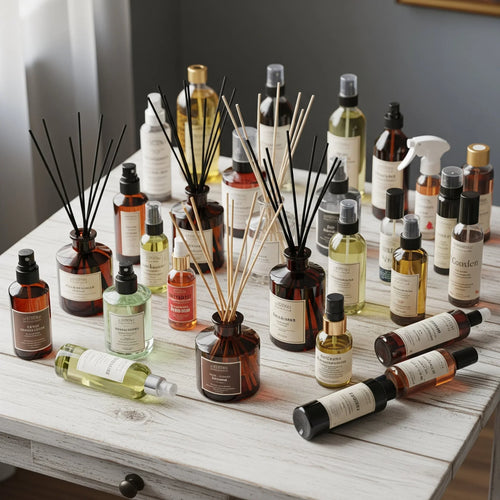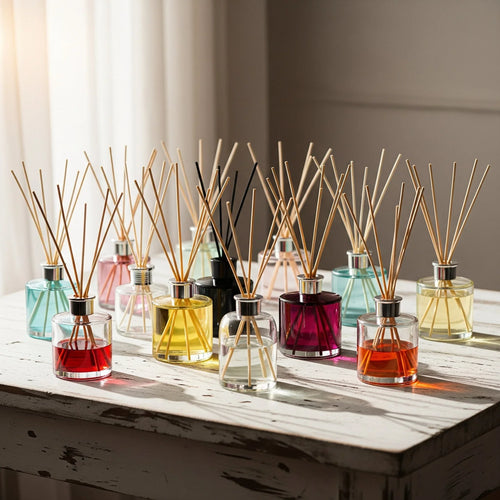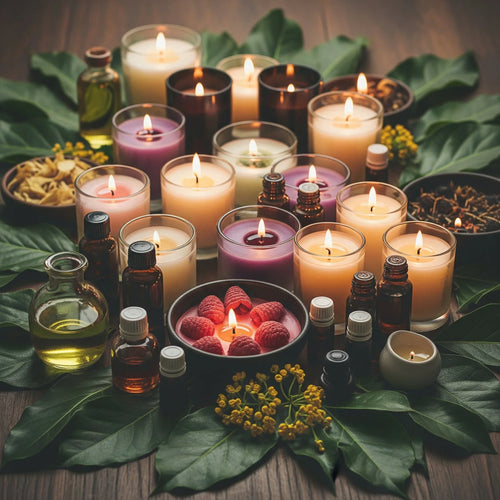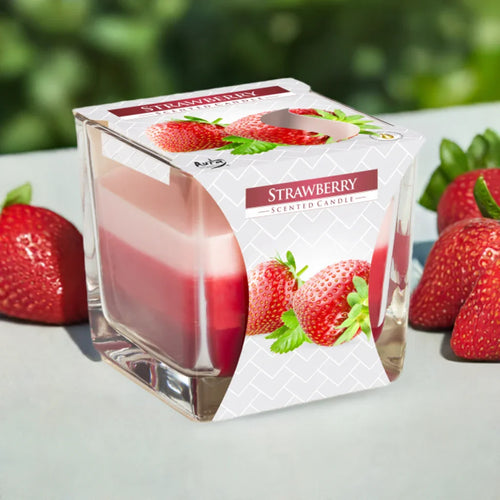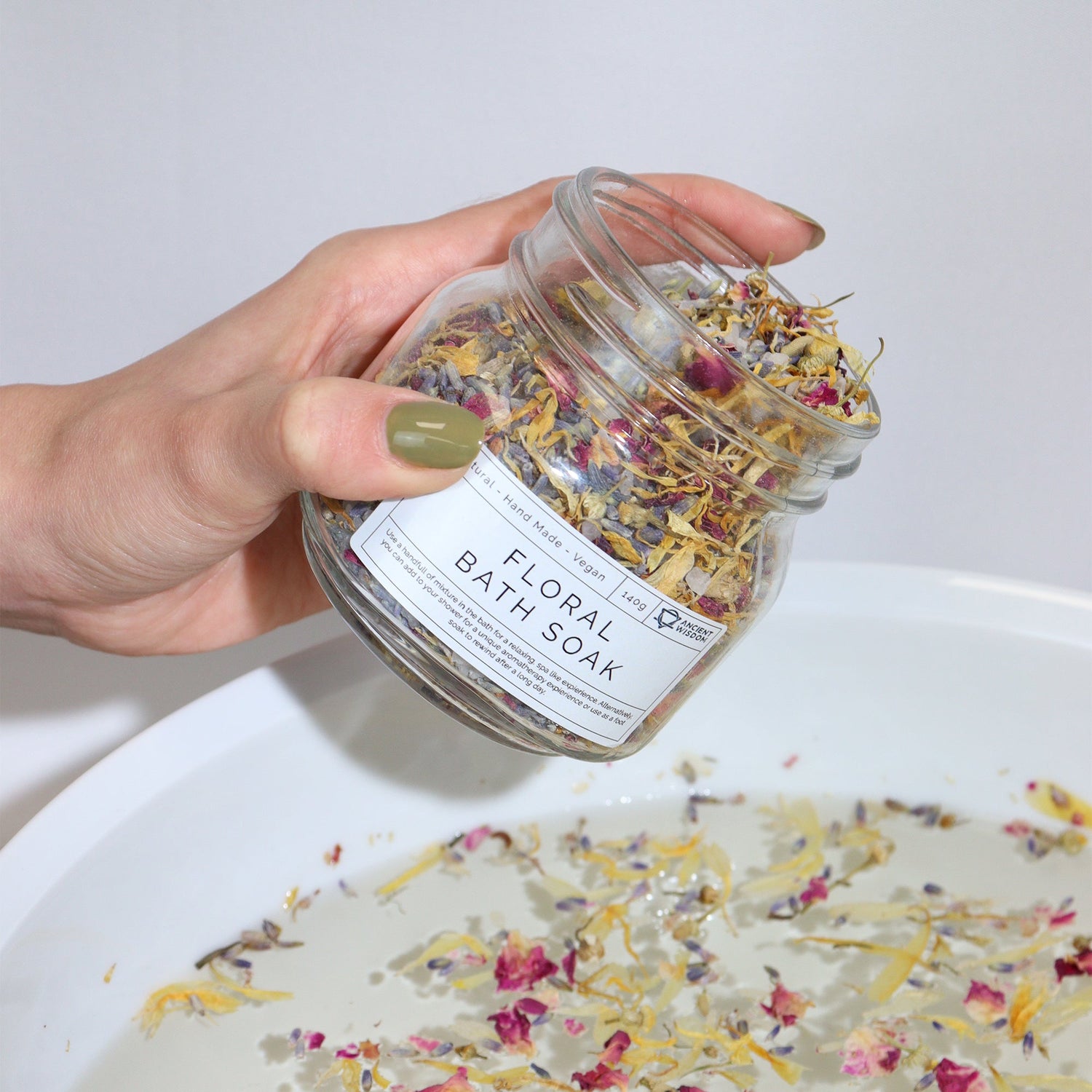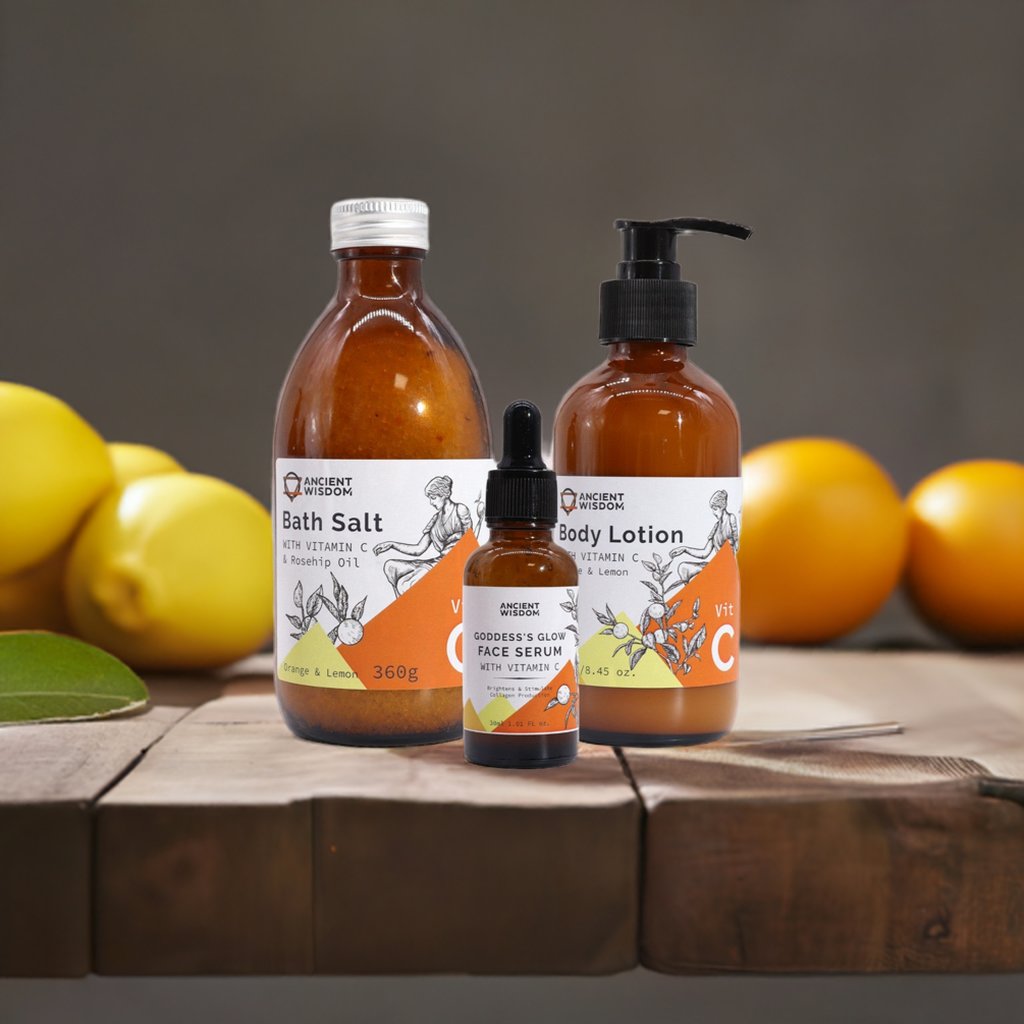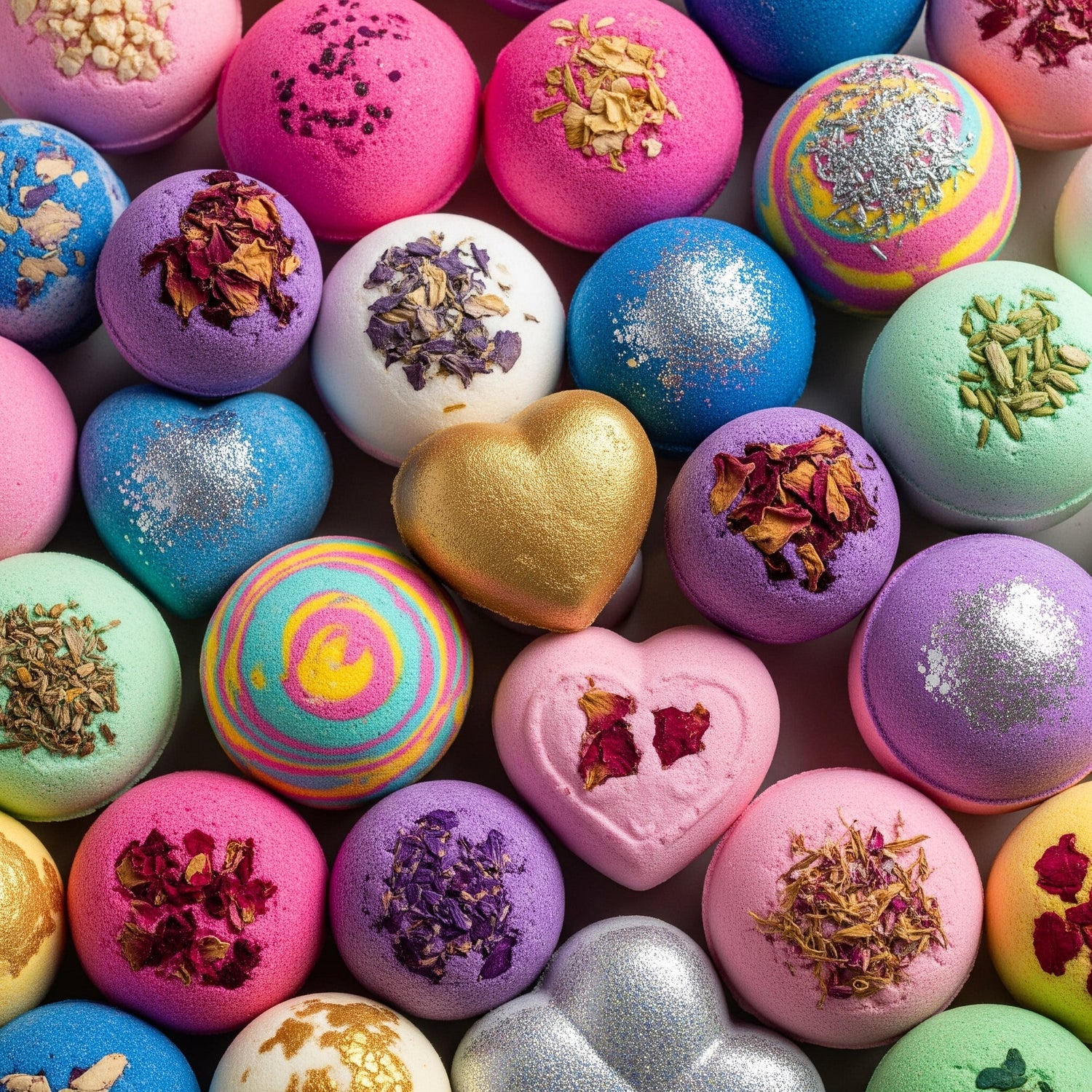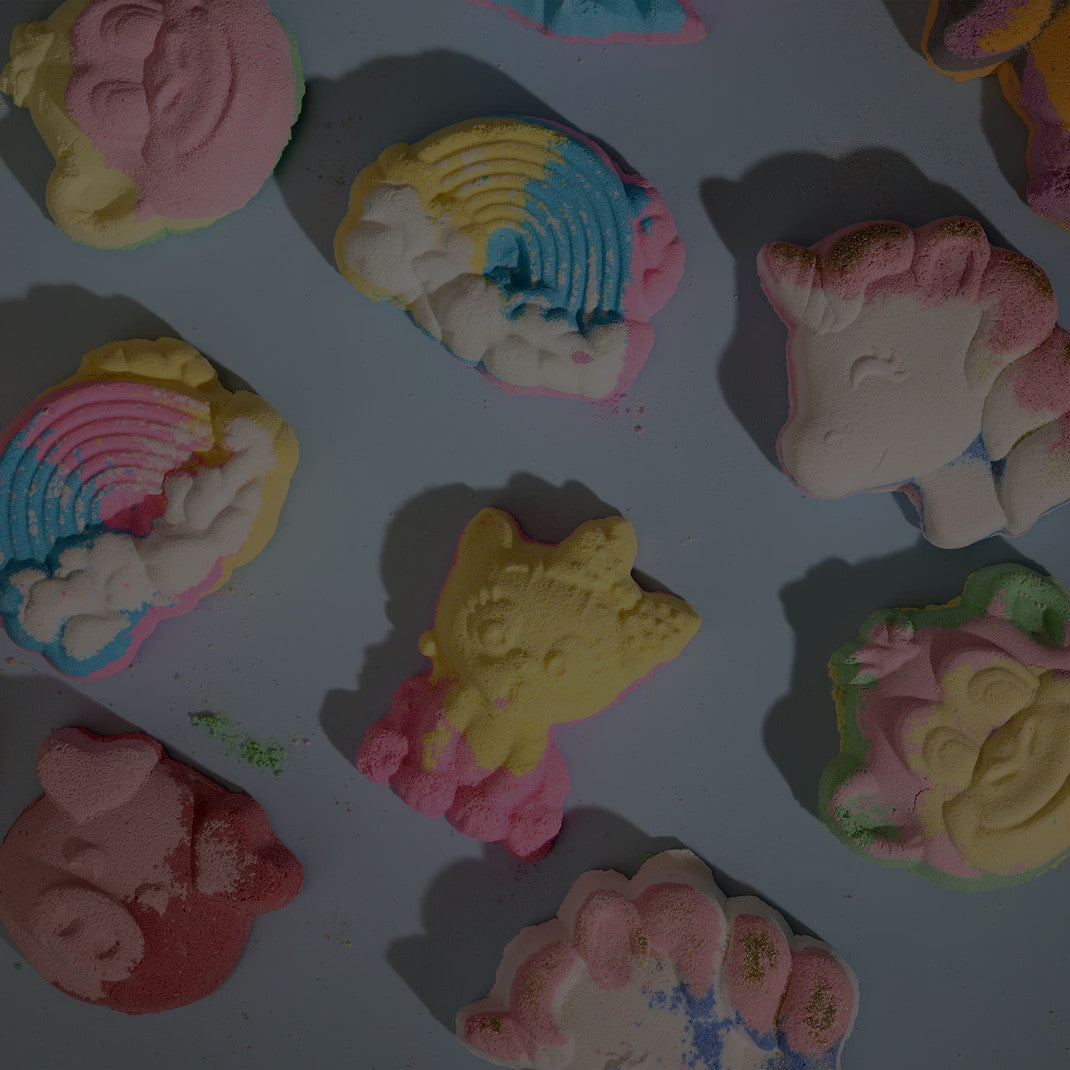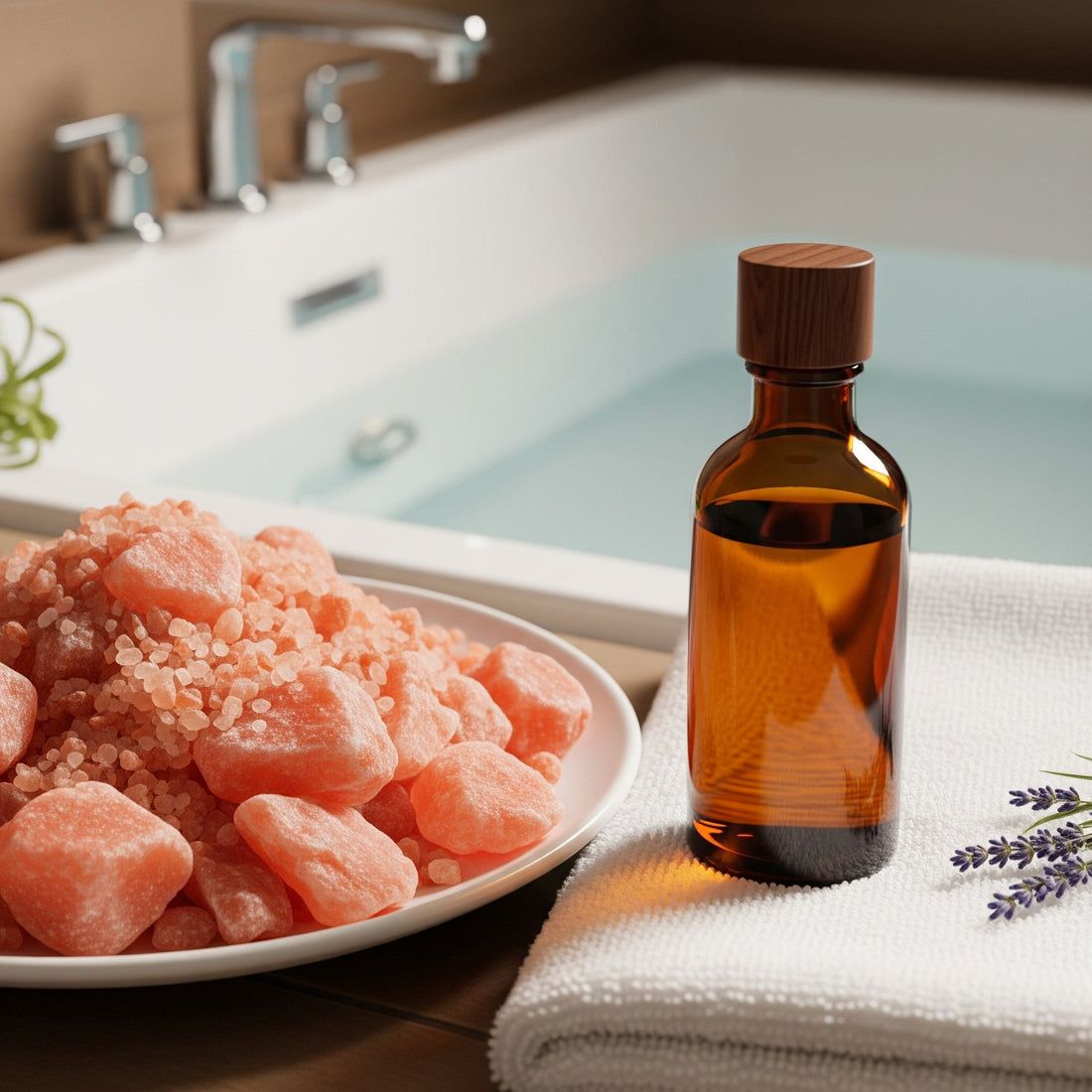
Is It Safe To Use Essential Oils In Bath Salts?
The warm embrace of a bath, especially one infused with fragrant bath salts, is a little slice of heaven. It’s no wonder so many of us turn to this simple pleasure to melt away the day's stresses. And if you're like me, you've probably wondered about enhancing that experience with the soothing power of essential oils. But hold on a minute – while the idea of a fragrant, therapeutic bath sounds absolutely divine, a crucial question often pops up: is it truly safe to use essential oils in bath salts? Let's dive in and explore this often-asked query with clear language, so you can enjoy your self-care routine without a worry.
The Allure of Essential Oils and Bath Salts
We all love a good bath bomb or a scoop of beautifully scented bath salts. They promise relaxation, rejuvenation, and a momentary escape from the daily grind. Essential oils, on the other hand, bring their own unique set of benefits, from calming lavender to invigorating peppermint. It seems like a match made in heaven, right? Combining the two could elevate your bath from good to glorious, offering a truly holistic experience. But, and it's a big "but," there's a science to using these potent plant extracts safely, especially when they're going into your bathwater.
Why You Can't Just Drop Essential Oils into Water
💧 Oil and Water Don't Mix: This isn't just a saying; it's a fundamental principle. Essential oils are hydrophobic, meaning they repel water. If you just drop essential oils directly into your bathwater, they'll sit on the surface in concentrated droplets. When you then step into the bath, these undiluted essential oil molecules can come into direct contact with your skin.
🔥 Skin Irritation and Sensitivity: This direct contact is where the potential for problems arises. Undiluted essential oils can cause skin irritation, redness, burning, and even chemical burns, especially on sensitive areas. Imagine concentrated hot spots of essential oil clinging to your skin – not exactly the blissful experience you're after! This is why understanding proper essential oil dilution is so crucial for bath safety.
👃 Respiratory Issues: While less common, inhaling highly concentrated essential oil vapors can also cause respiratory irritation in some individuals, particularly those with asthma or other respiratory sensitivities.
The Safe Way to Blend Essential Oils and Bath Salts
So, how do you safely incorporate those lovely essential oils into your bath salts for a truly therapeutic soak? The key lies in proper dilution and dispersion. You need a carrier!
🧴 Use a Dispersing Agent: This is the most critical step. Essential oils need something to "grab onto" and disperse evenly throughout the bathwater, preventing them from floating in concentrated droplets. Common and effective dispersing agents include:
- Soluble Salts: Epsom salts (magnesium sulfate), Himalayan pink salt, and Dead Sea salts are excellent choices. They act as a natural base for the essential oils to bind to.
- Carrier Oils: While you might think of adding carrier oils to your bath, a small amount mixed with essential oils before adding to salts can also help with dispersion. Think jojoba oil, almond oil, or fractionated coconut oil. However, remember that carrier oils can make your tub slippery, so use sparingly in the bath itself.
- Polysorbate 20 or 80: These are emulsifiers that can help essential oils mix with water, but they are chemical additives. For a more "natural" approach, sticking to salts is generally preferred.
🥄 Proper Dilution Ratios are Key: There's a fine line between enough and too much. For a standard adult bath, a safe general guideline is 5-10 drops of essential oil per cup of bath salts. Always err on the side of less, especially when you're first experimenting or if you have sensitive skin. For children or pregnant individuals, even lower dilutions are necessary – consult a qualified aromatherapist or healthcare professional.
🥣 Mix Thoroughly: Once you've added your chosen essential oils to your bath salts (along with any carrier oil if using), mix them very thoroughly. You want the oils to be evenly distributed throughout the salts, not just sitting on top. A spoon or even your hands (wear gloves if you prefer) will do the trick.
⏳ Allow to "Cure": For best results, let your essential oil-infused bath salts sit for at least 24 hours before use. This allows the essential oils to fully bind with the salts and their aroma to deepen. Store them in an airtight container away from direct sunlight.
Important Considerations for Your Essential Oil Bath
🌿 Quality Matters: Always use high-quality, pure essential oils from reputable suppliers. Adulterated or synthetic oils can cause unpredictable reactions and won't offer the true therapeutic benefits. Look for oils that are third-party tested and provide GC/MS reports.
🩹 Patch Test First: Even with proper dilution, some individuals may have sensitivities to specific essential oils. Before a full bath, try a small amount of your diluted bath salt mixture on a small patch of skin (like your inner arm) and wait 24 hours to check for any reaction.
🤰 Pregnancy and Children: Exercise extreme caution when using essential oils for pregnant individuals or children. Many essential oils are not recommended during pregnancy or for young children. Always consult a healthcare provider or a certified aromatherapist for safe essential oil use in these cases.
🩺 Underlying Health Conditions: If you have any underlying health conditions, especially skin conditions like eczema or psoriasis, or respiratory issues, consult your doctor before using essential oils in your bath.
🧼 Cleaning Your Tub: Essential oils, even properly dispersed, can leave a residue in your tub. Always rinse your tub thoroughly after your bath to prevent slips and buildup.
The Bottom Line: Relax and Rejuvenate Safely
So, is it safe to use essential oils in bath salts? The answer is a resounding "yes," provided you do it correctly. By understanding the importance of dilution, using proper dispersing agents like Epsom salts, and adhering to safe practices, you can create a truly luxurious and therapeutic bath experience. Embrace the power of aromatherapy safely and enjoy the ultimate relaxation your homemade bath salts can offer. Happy soaking!

